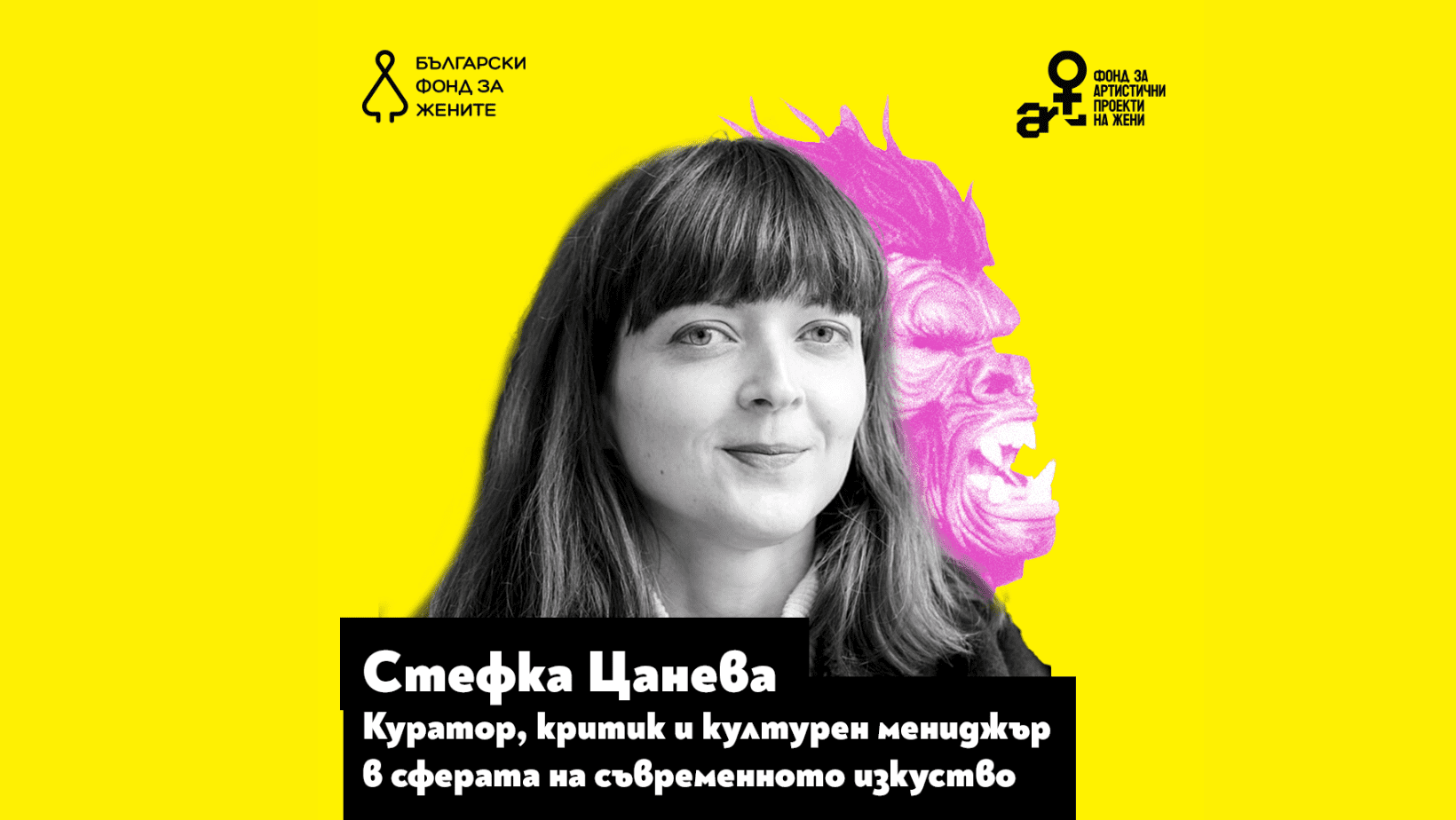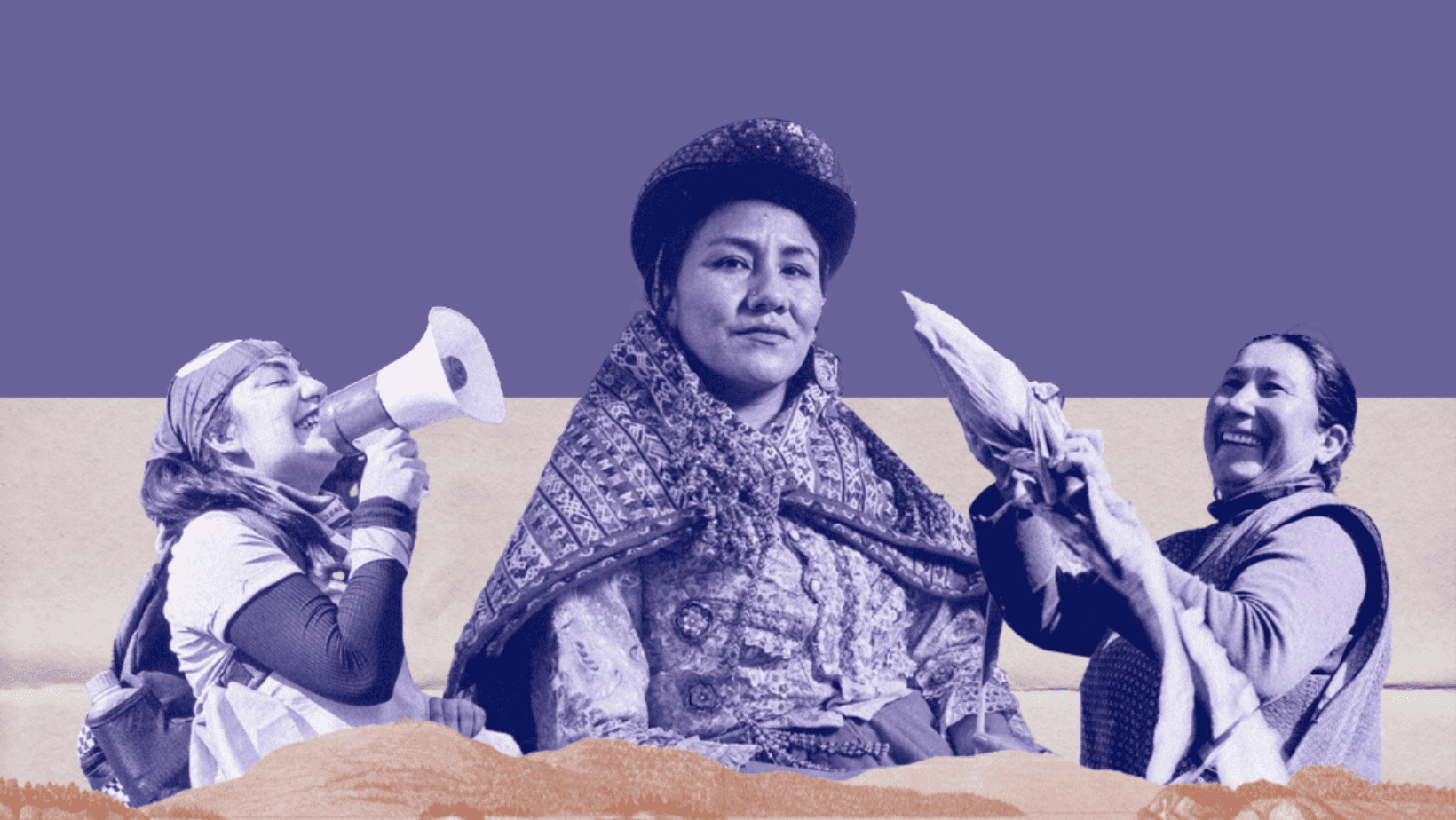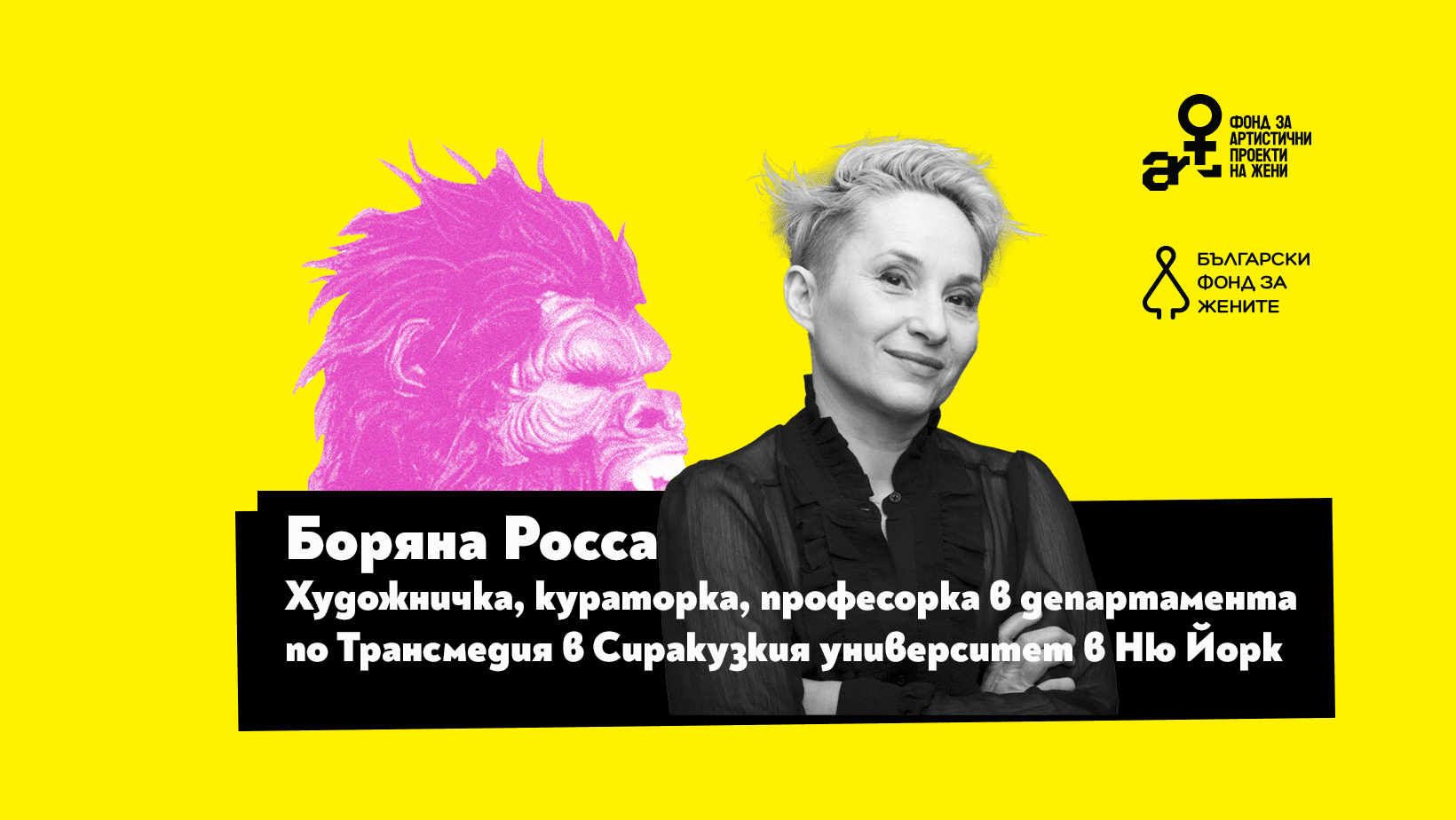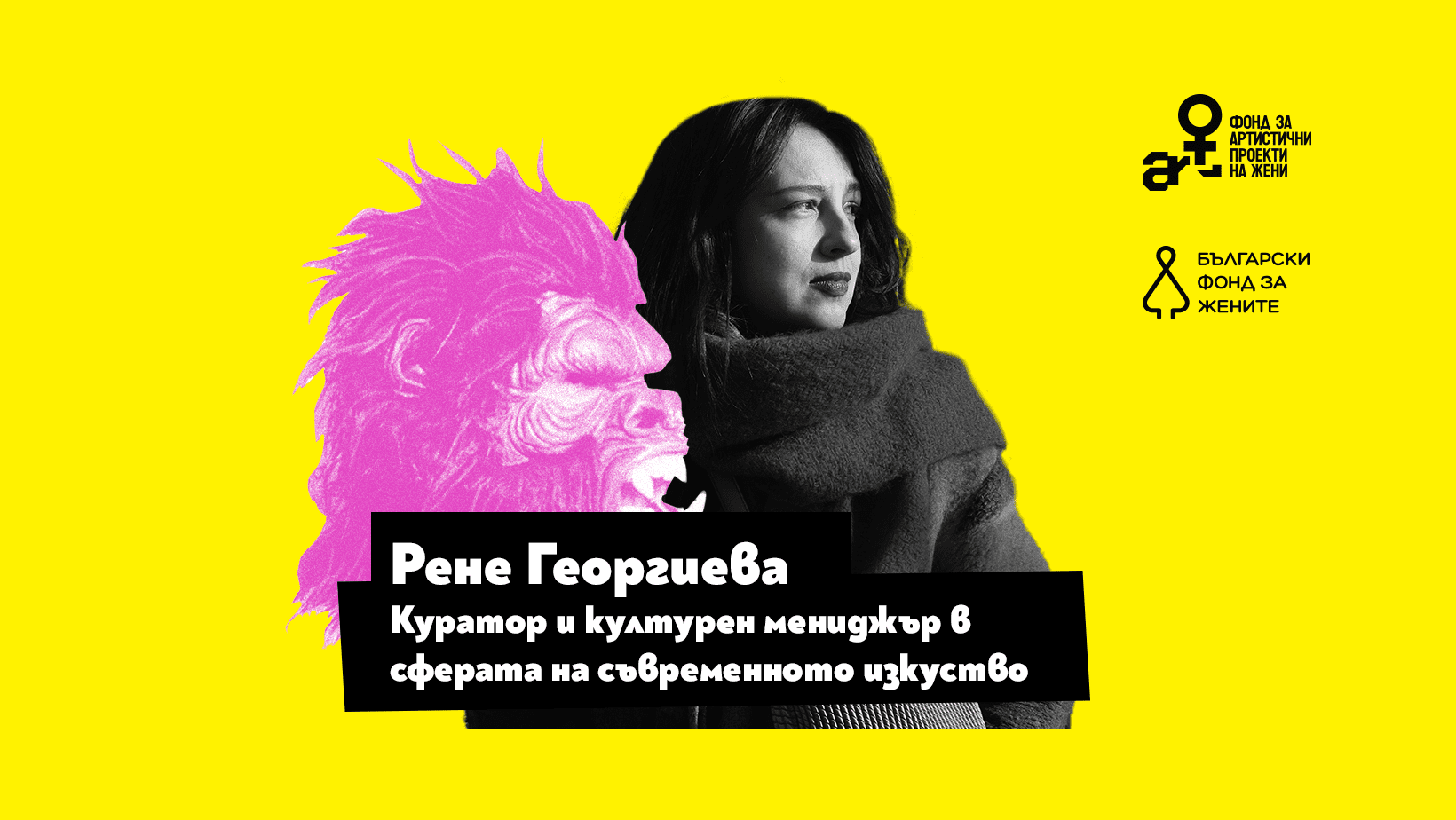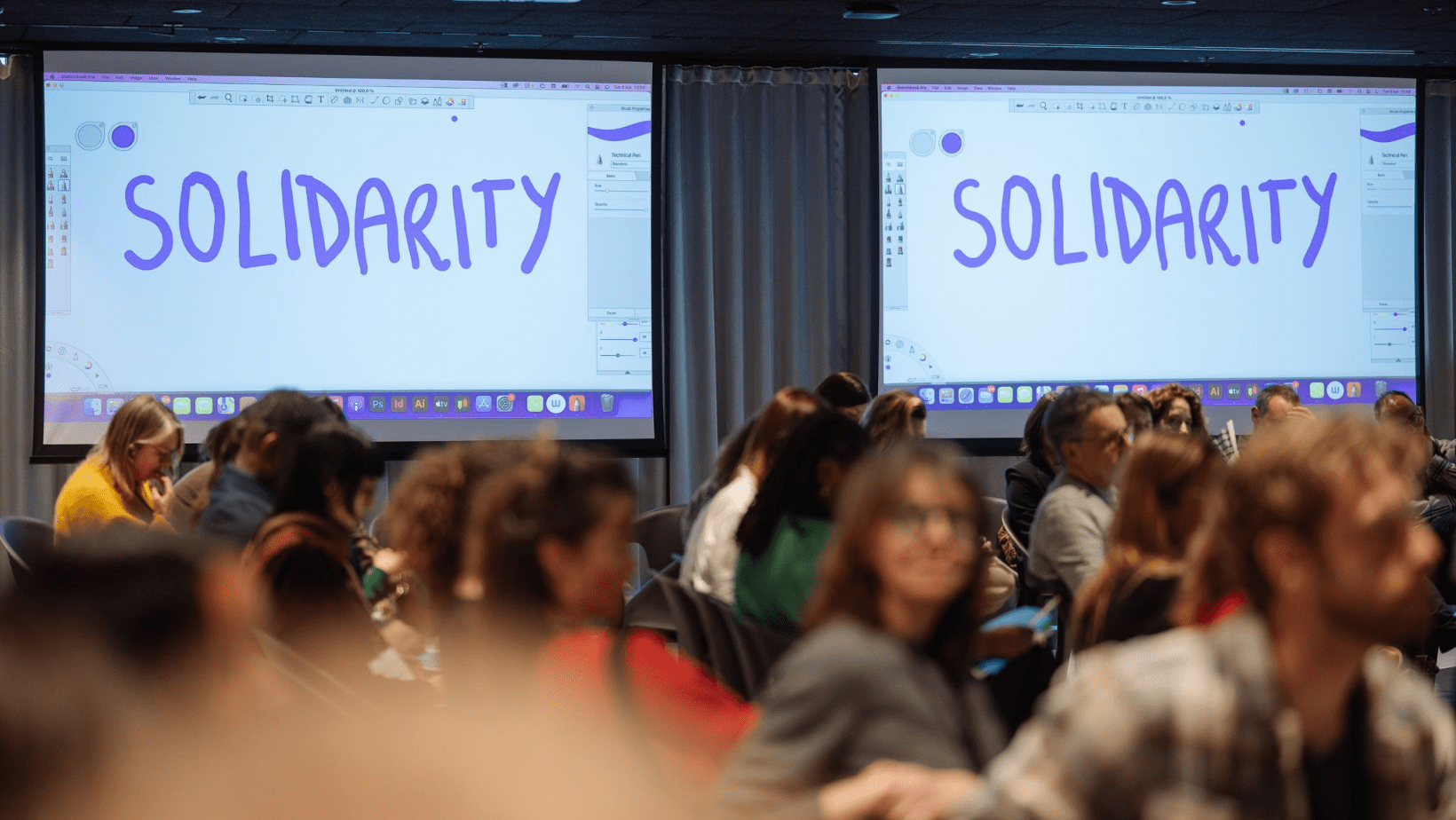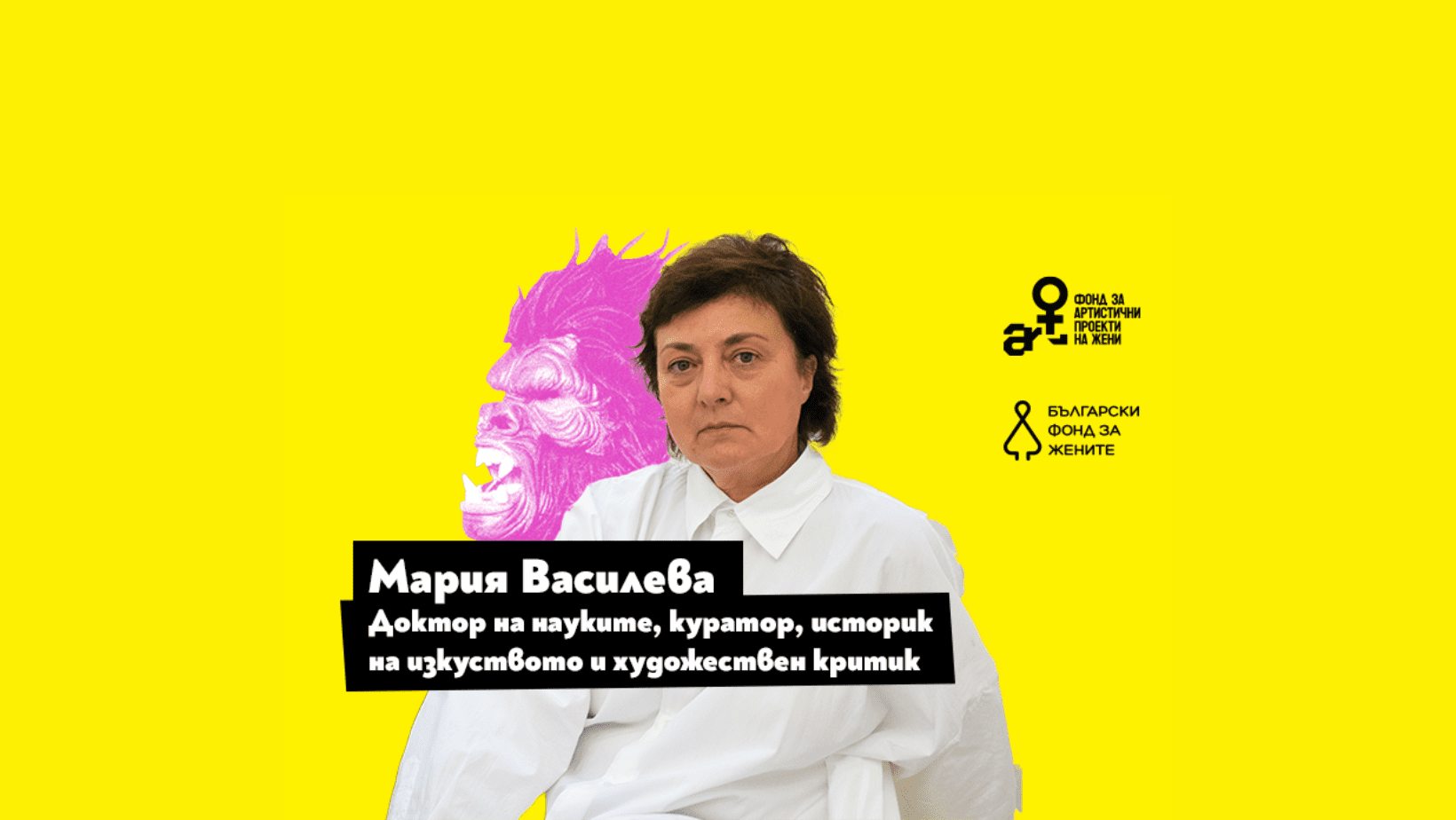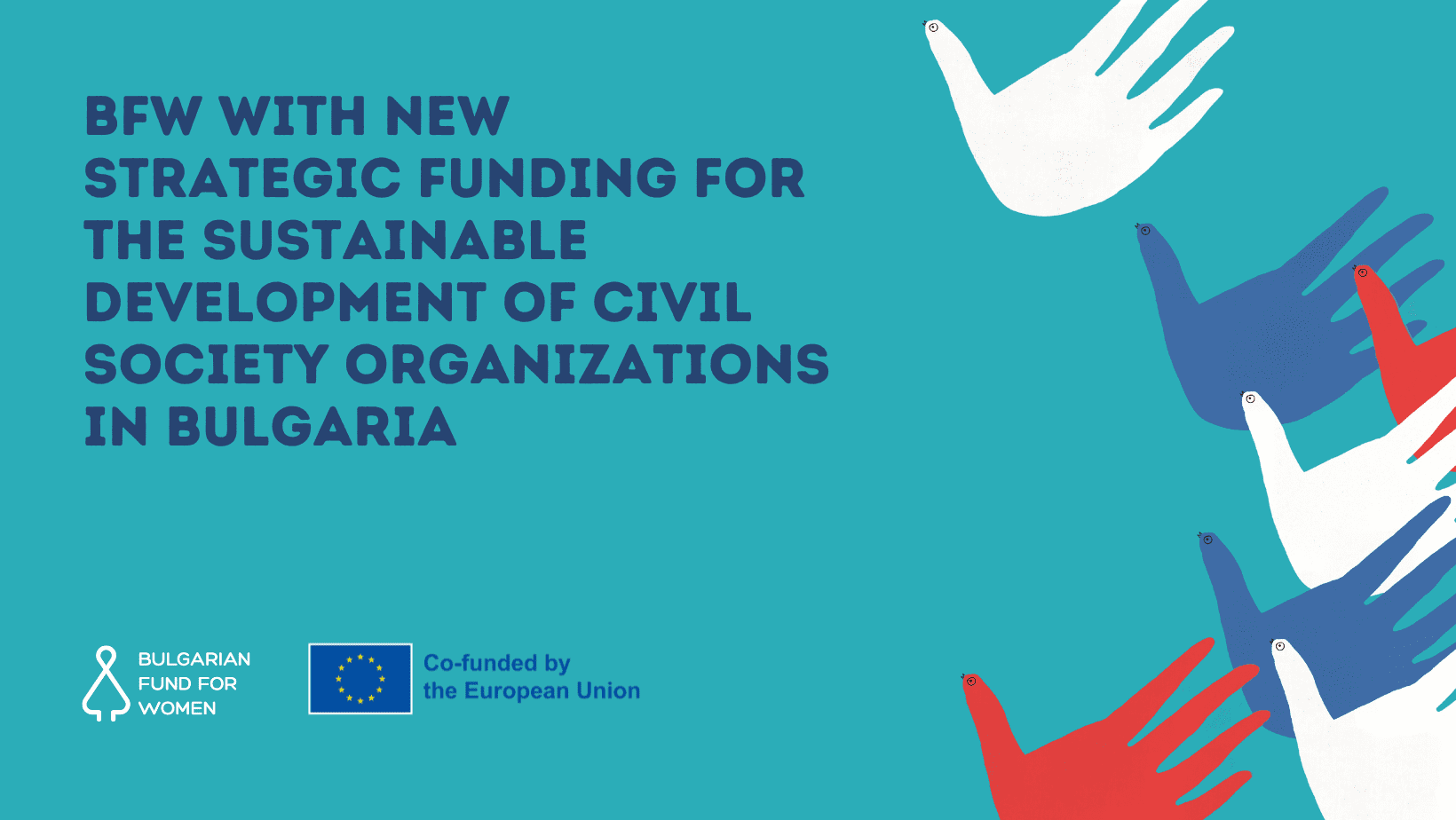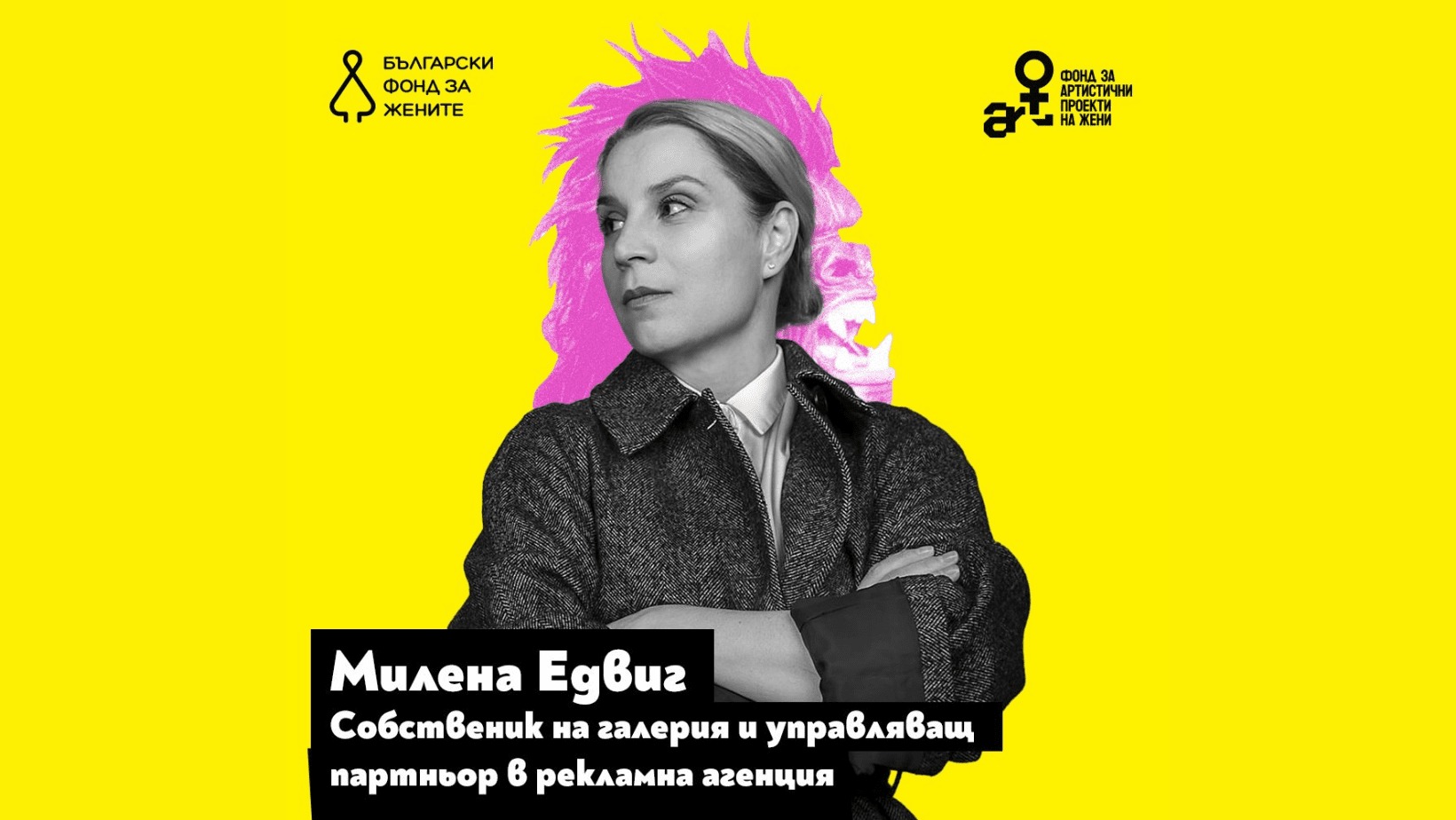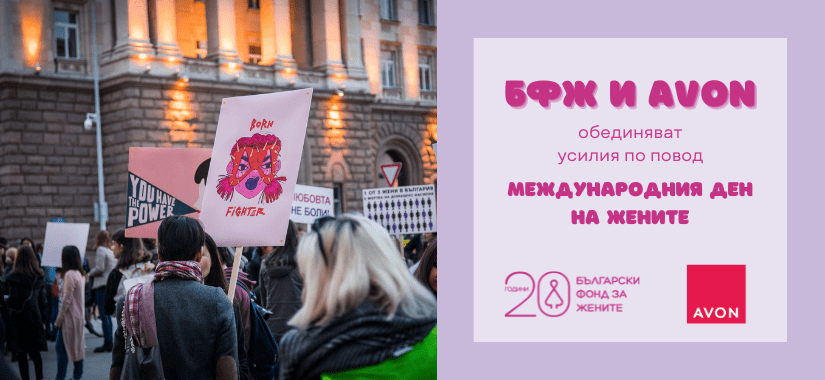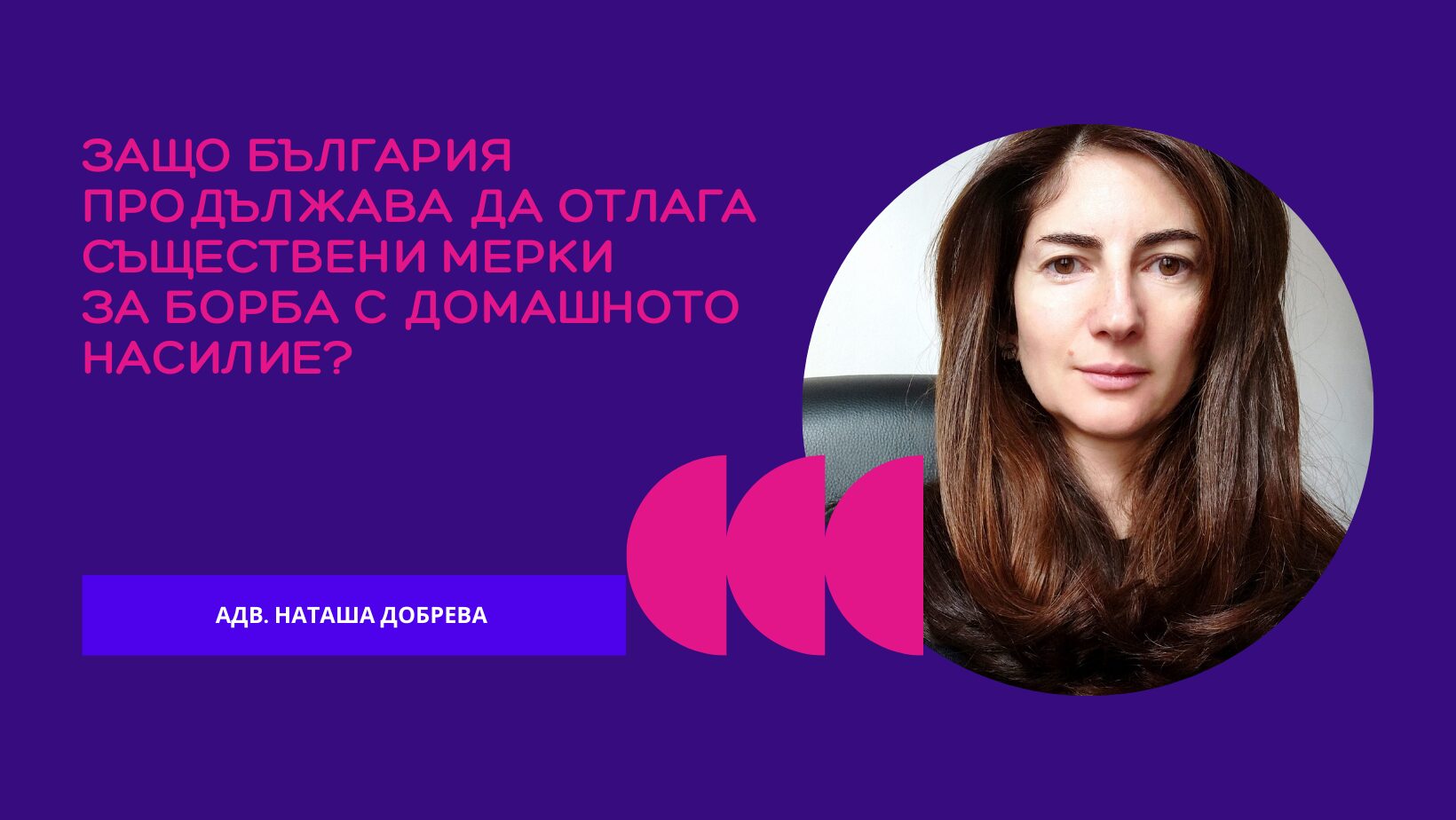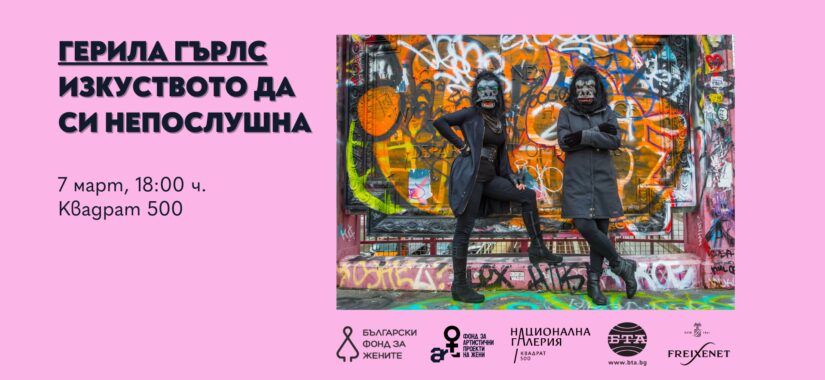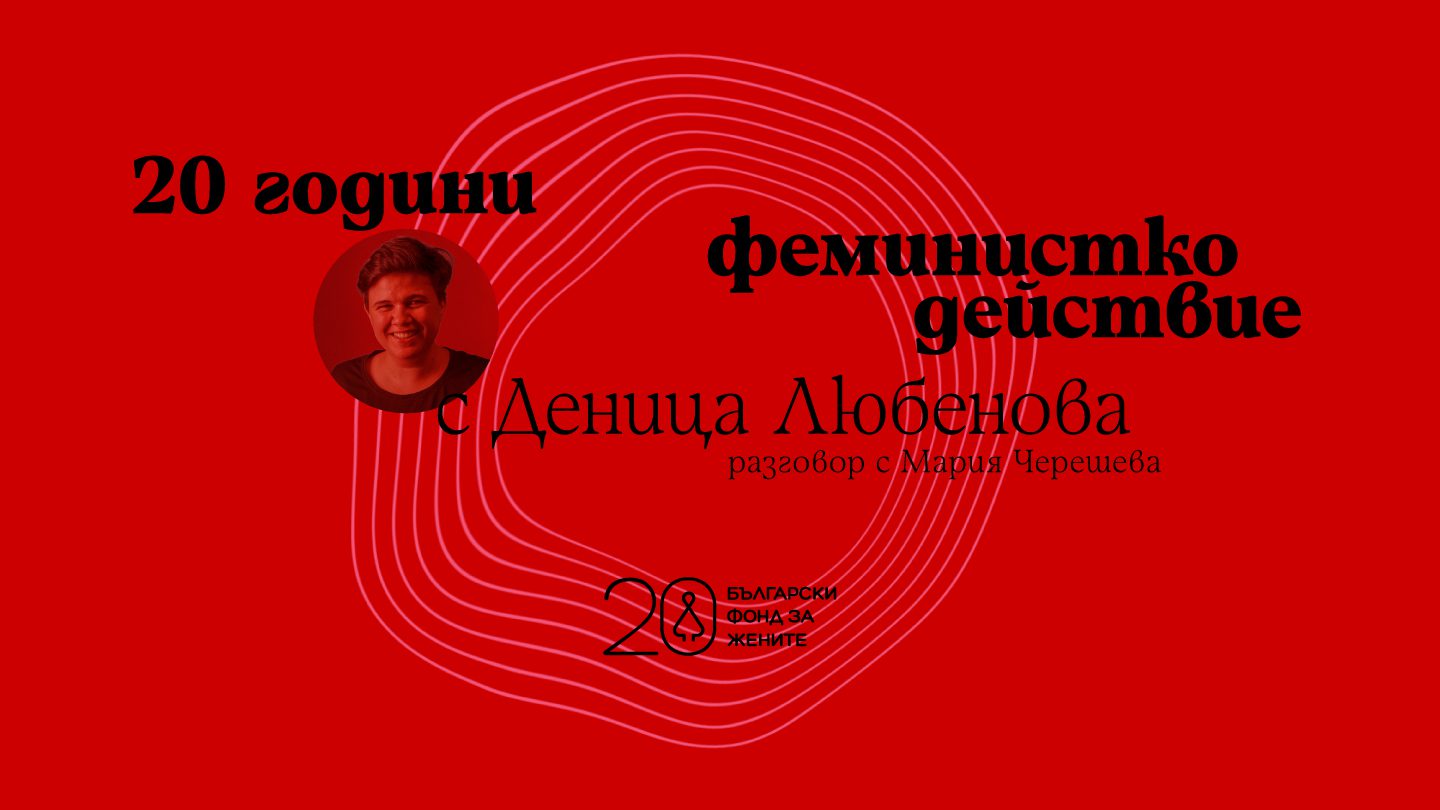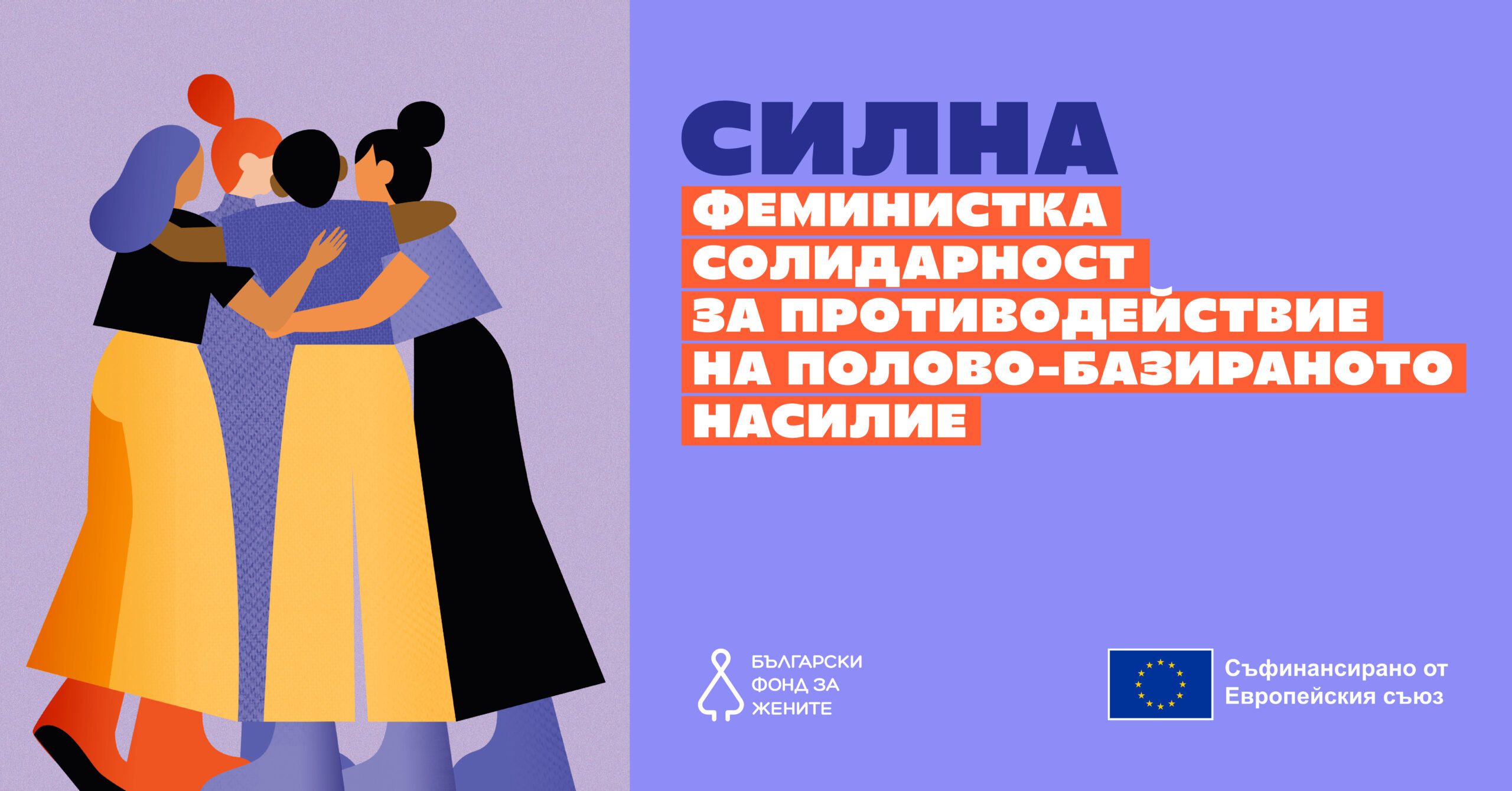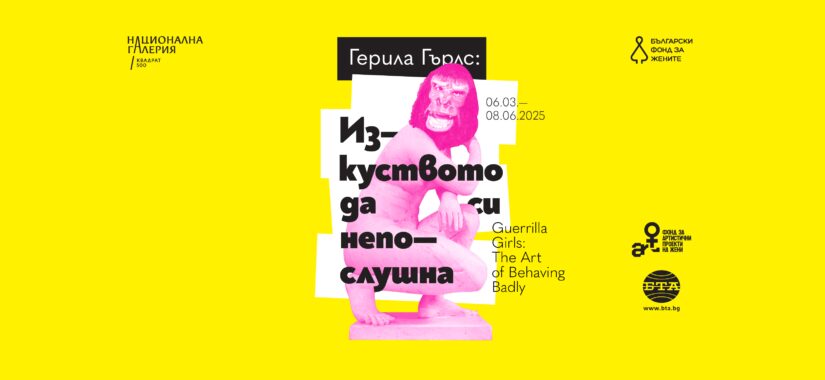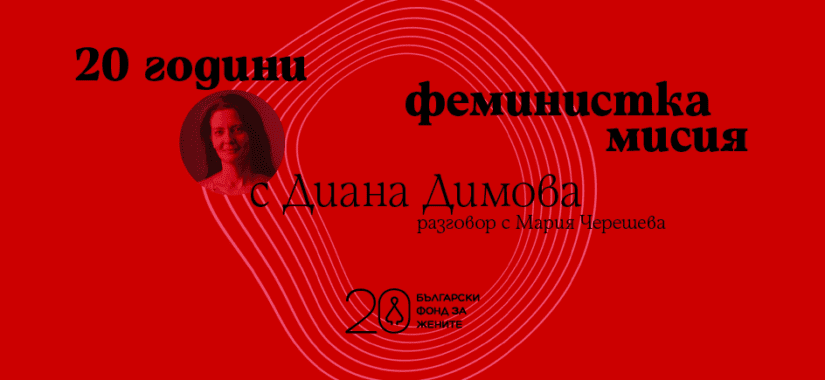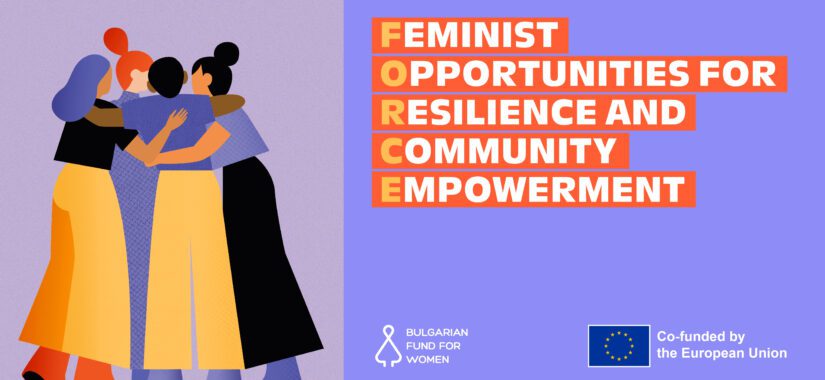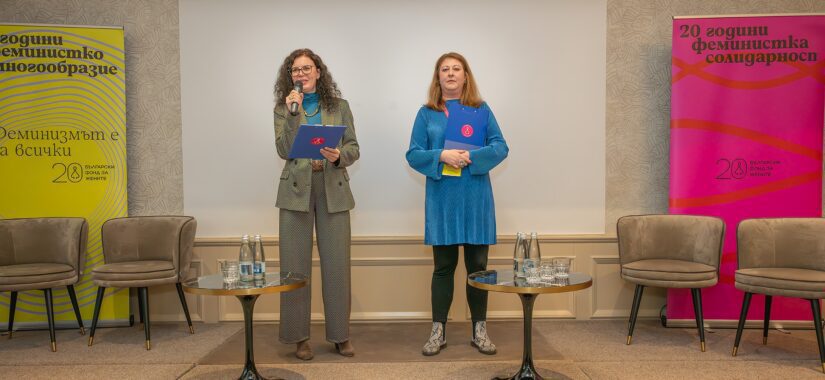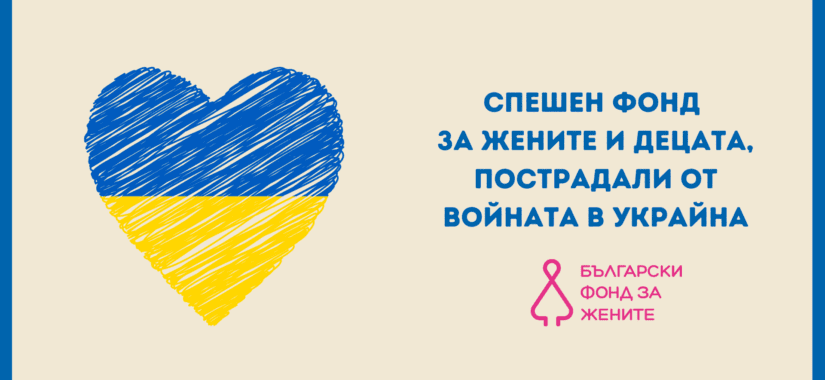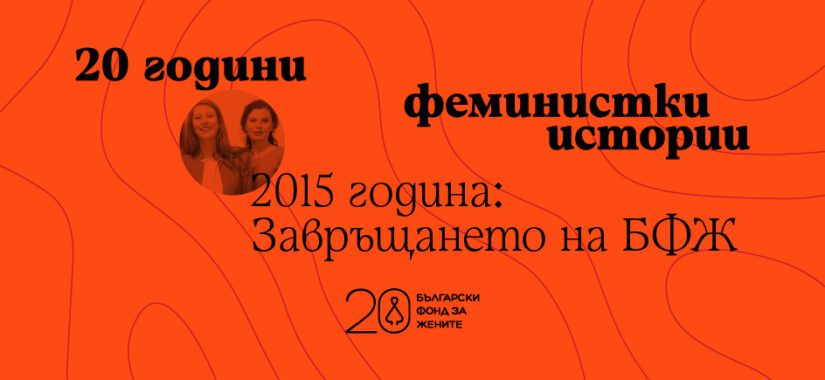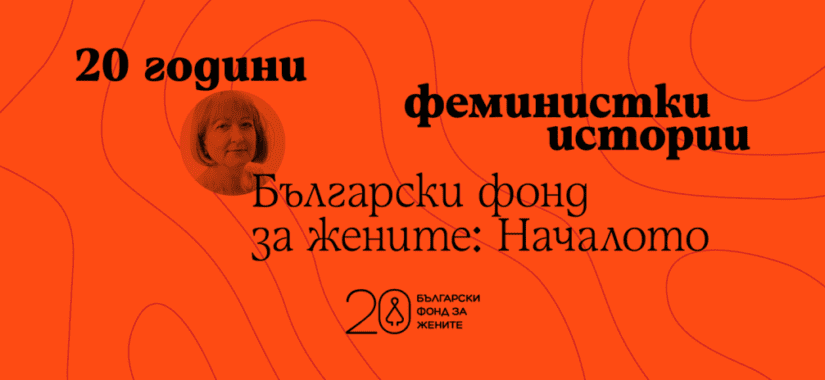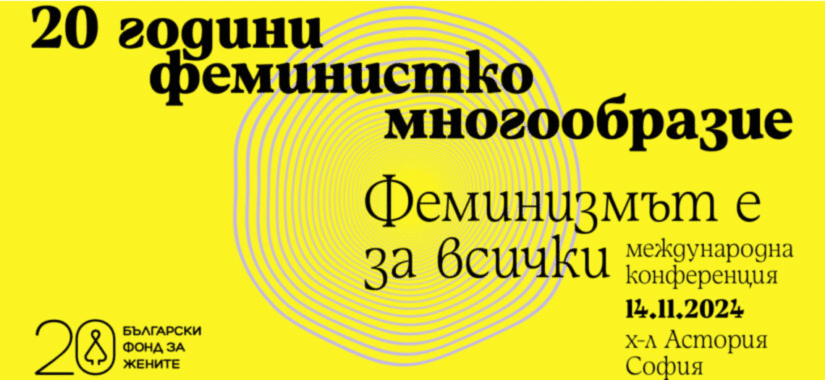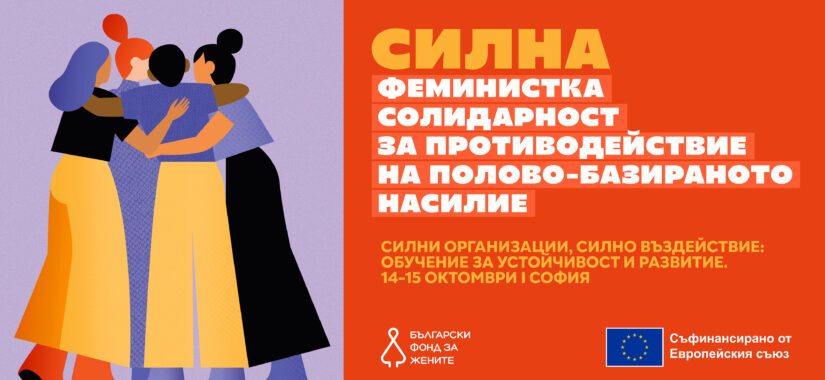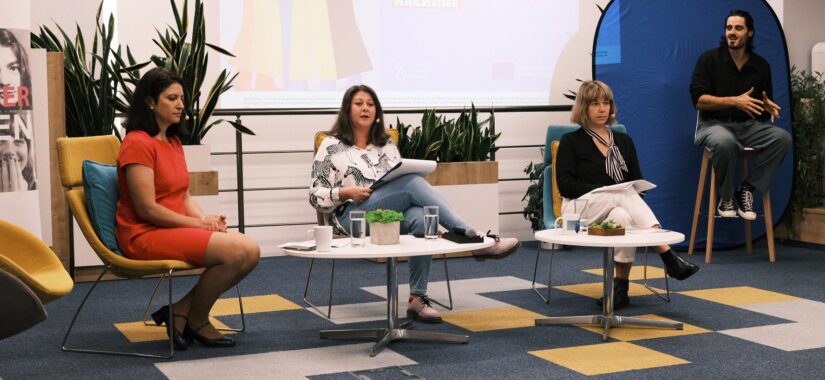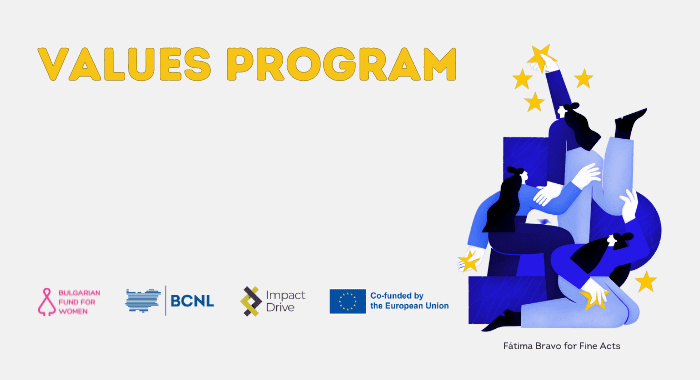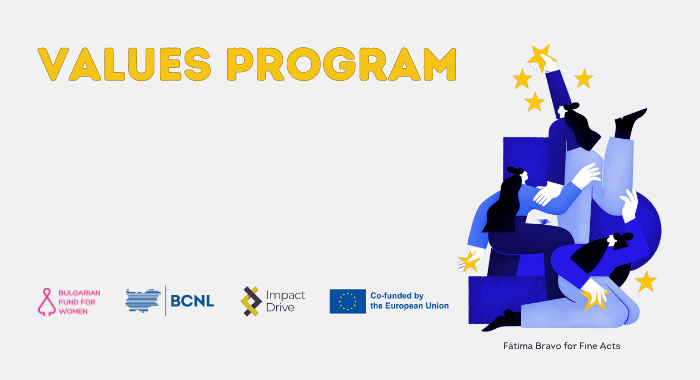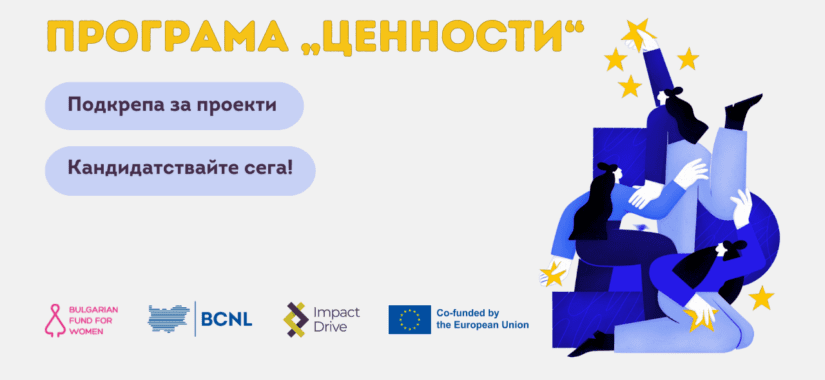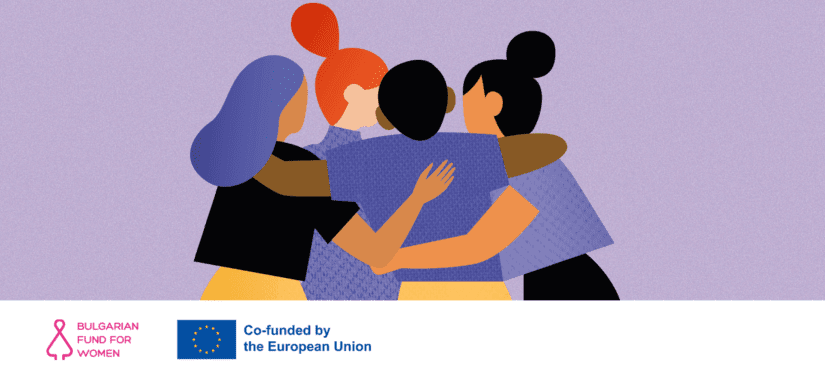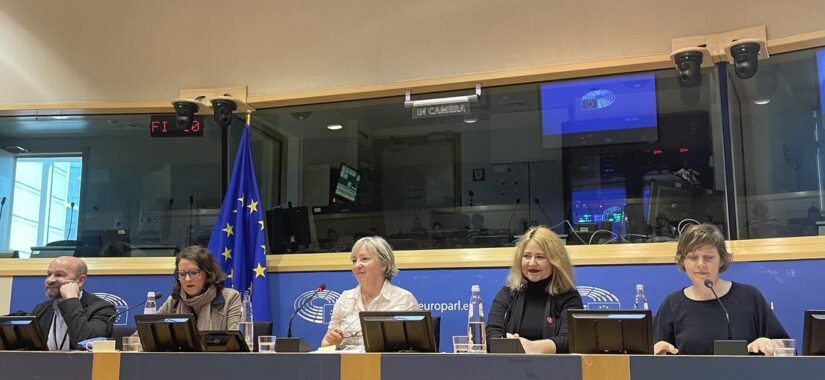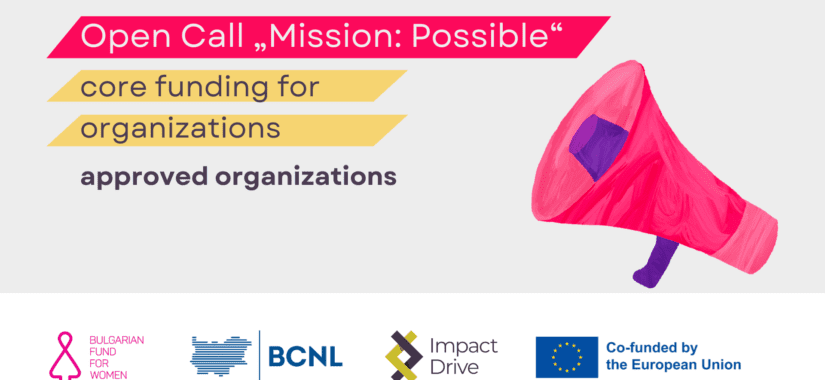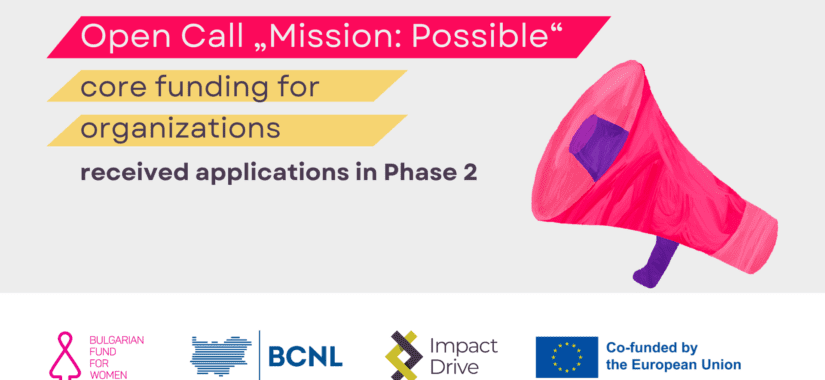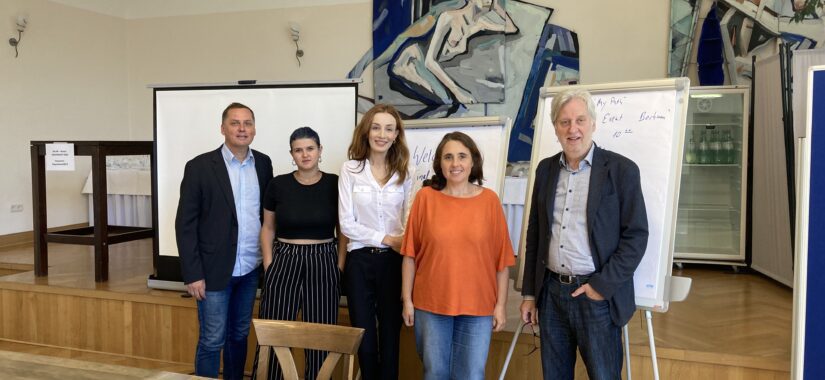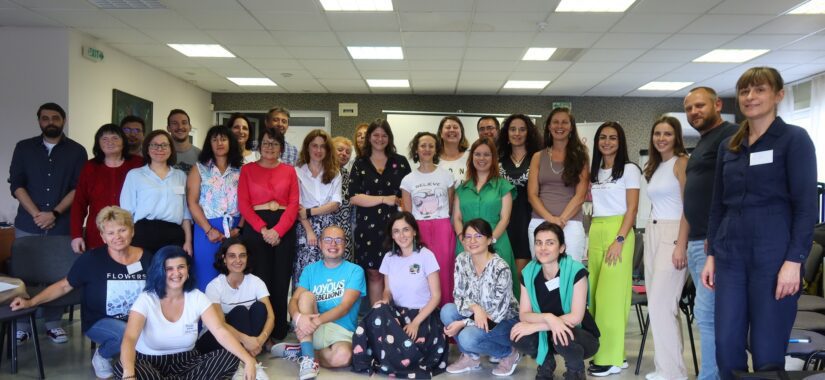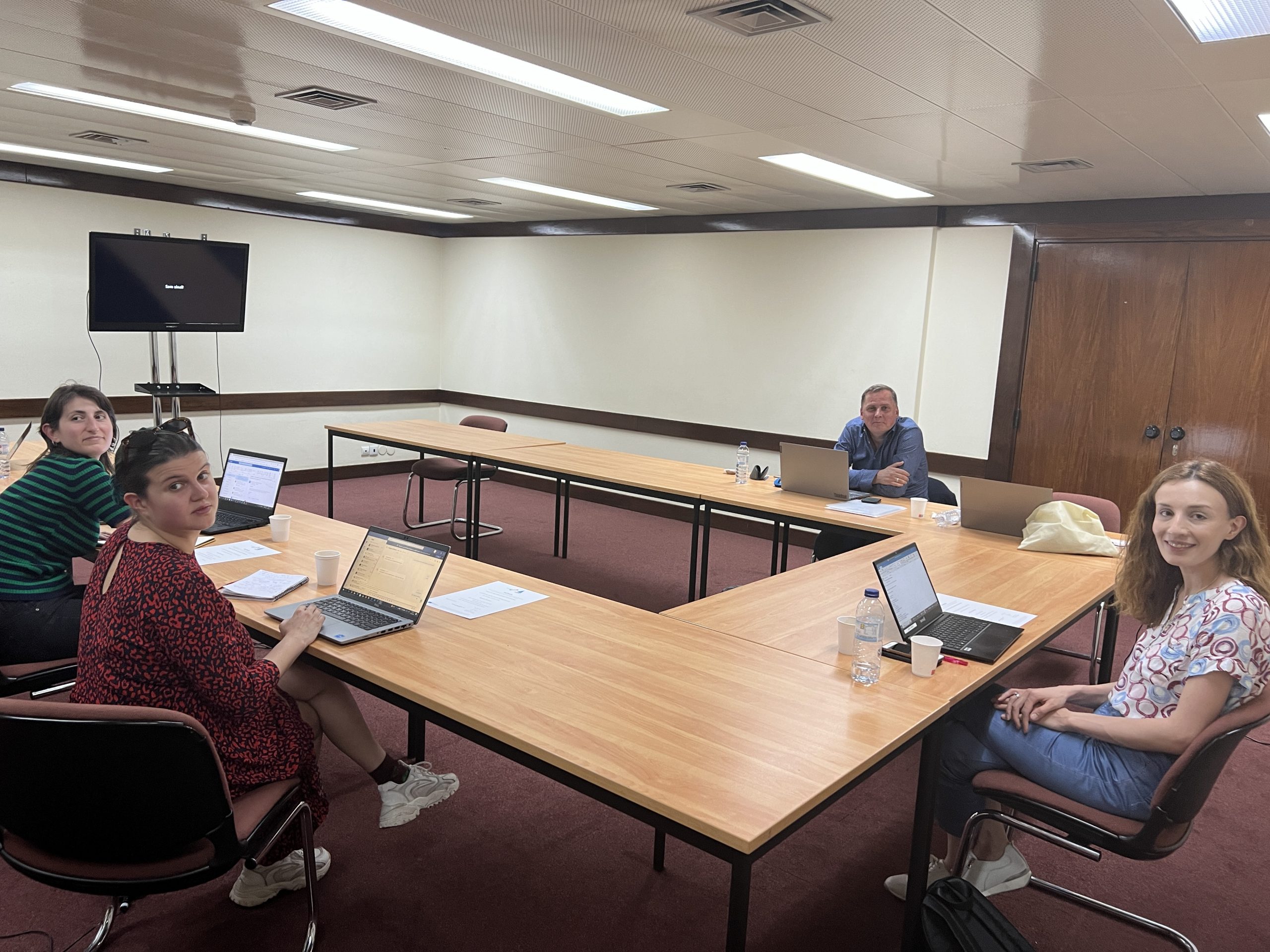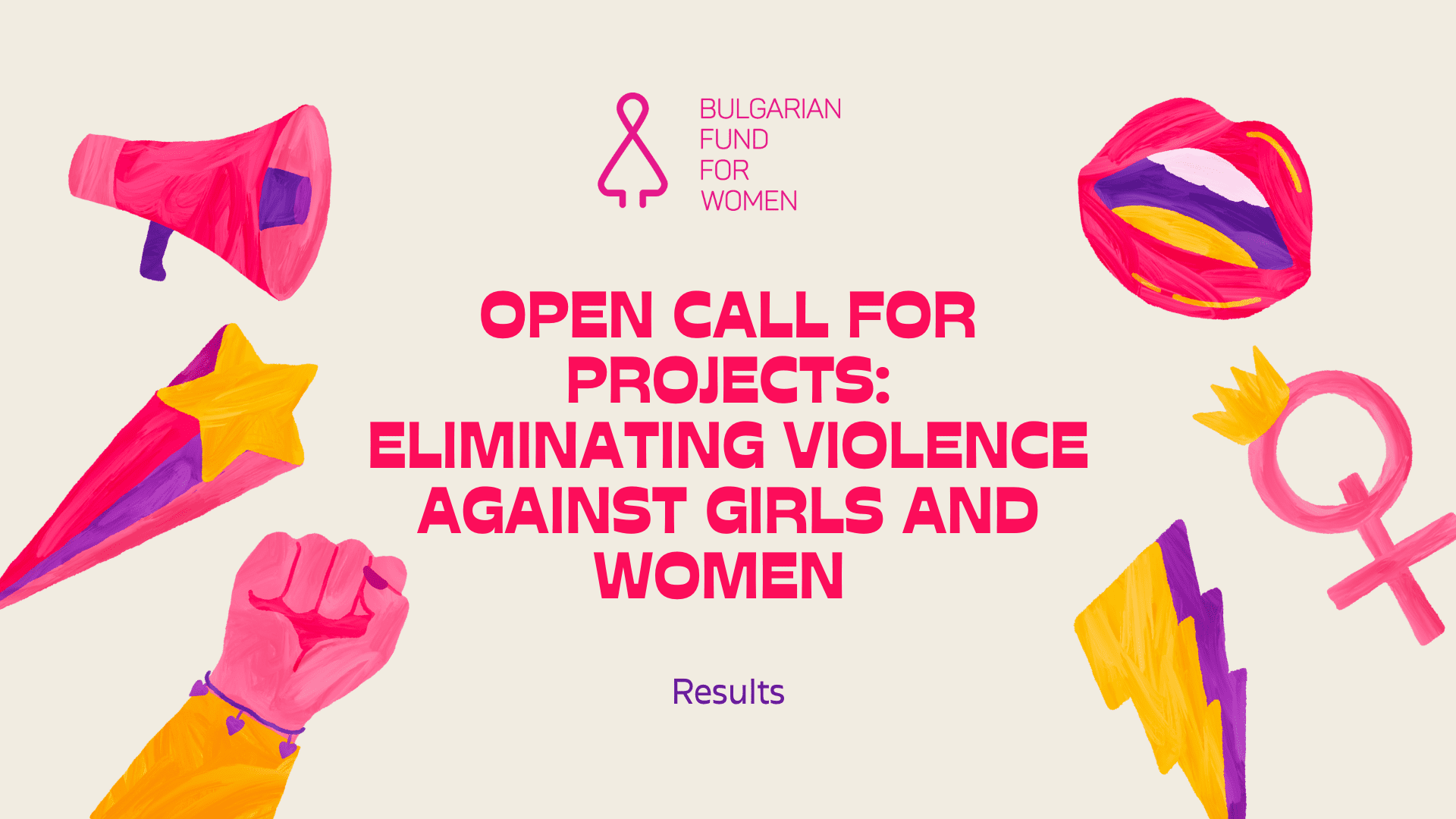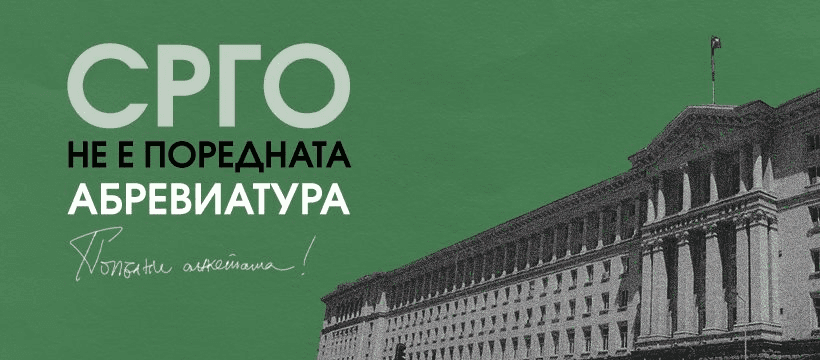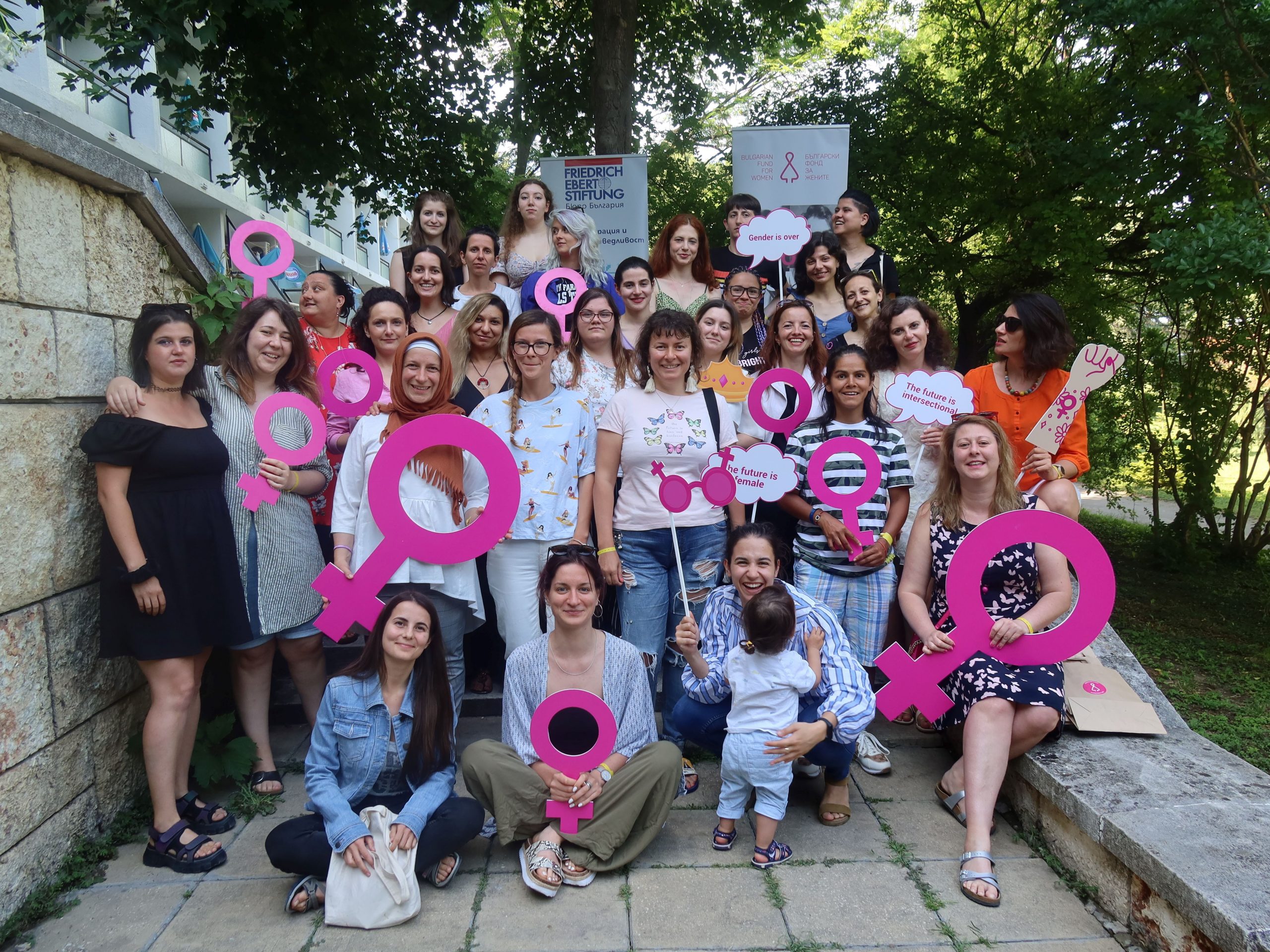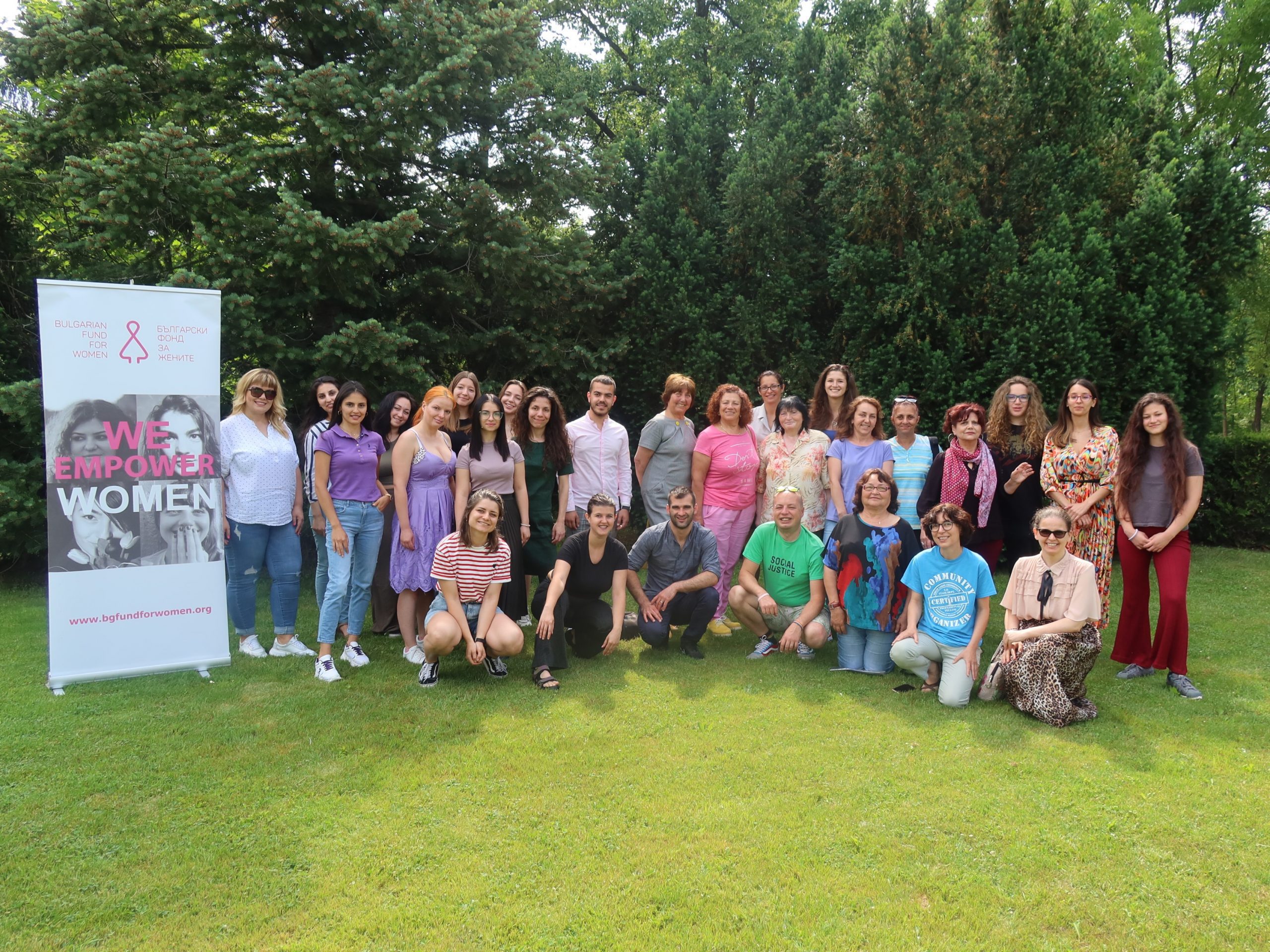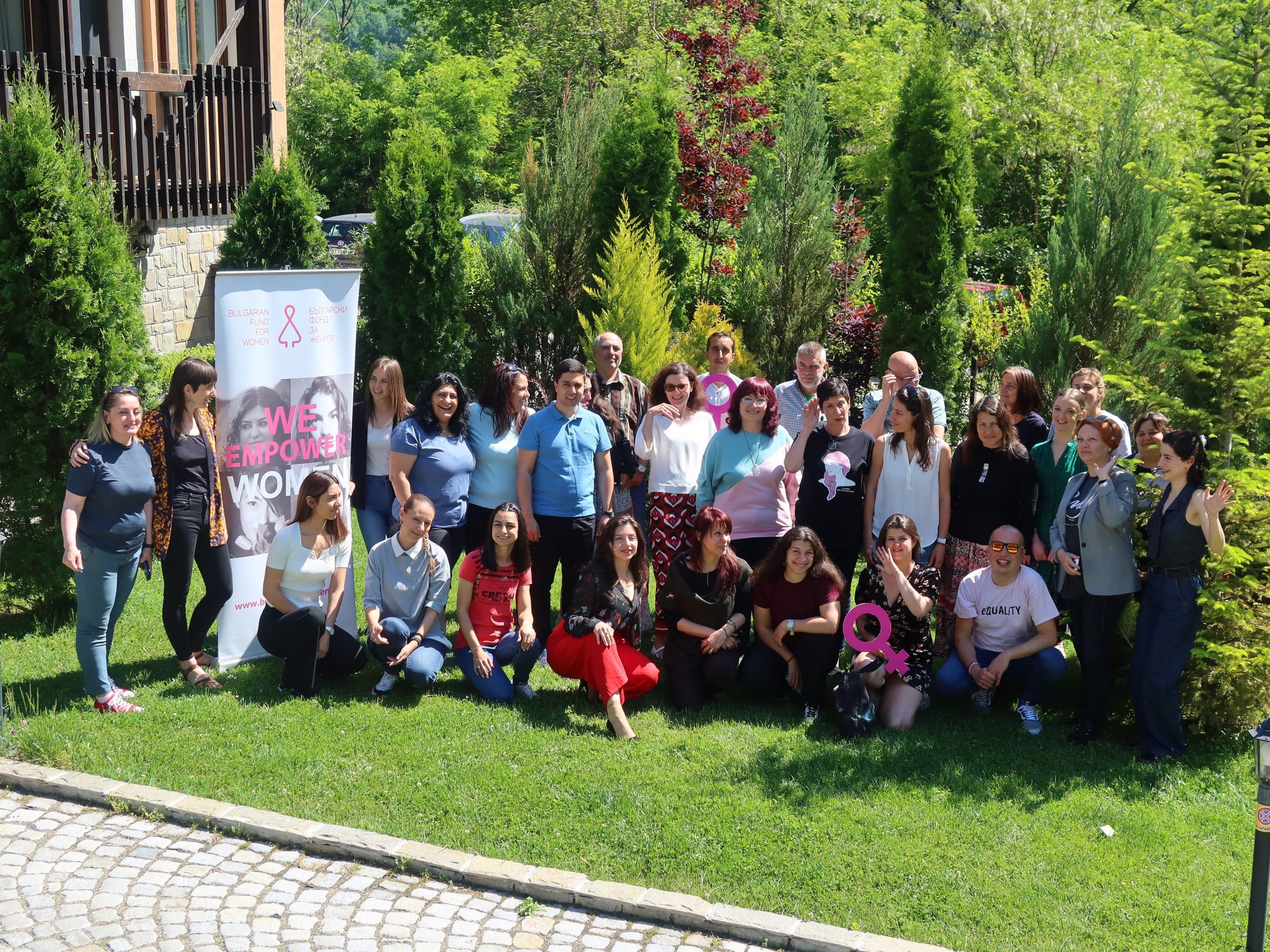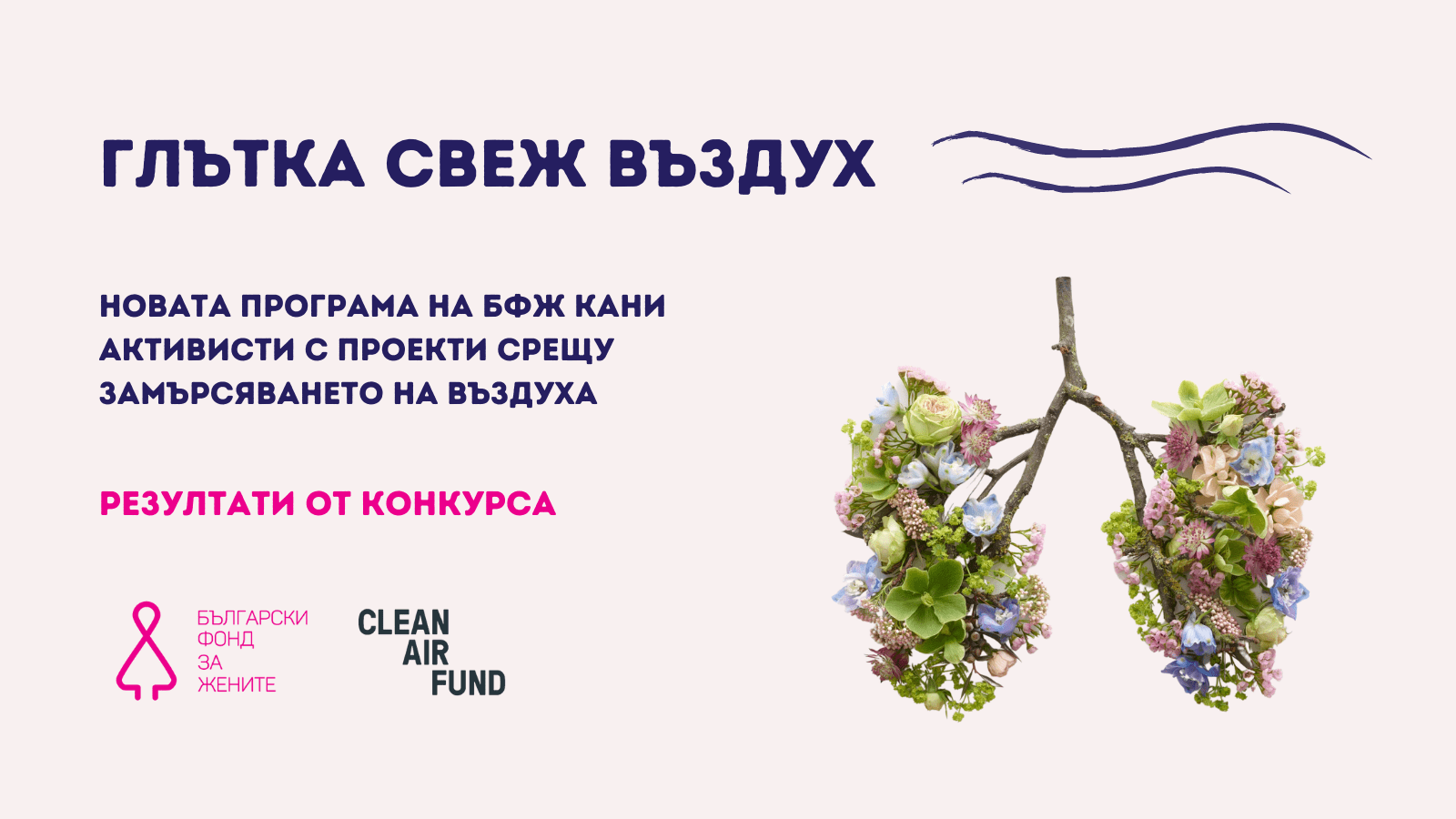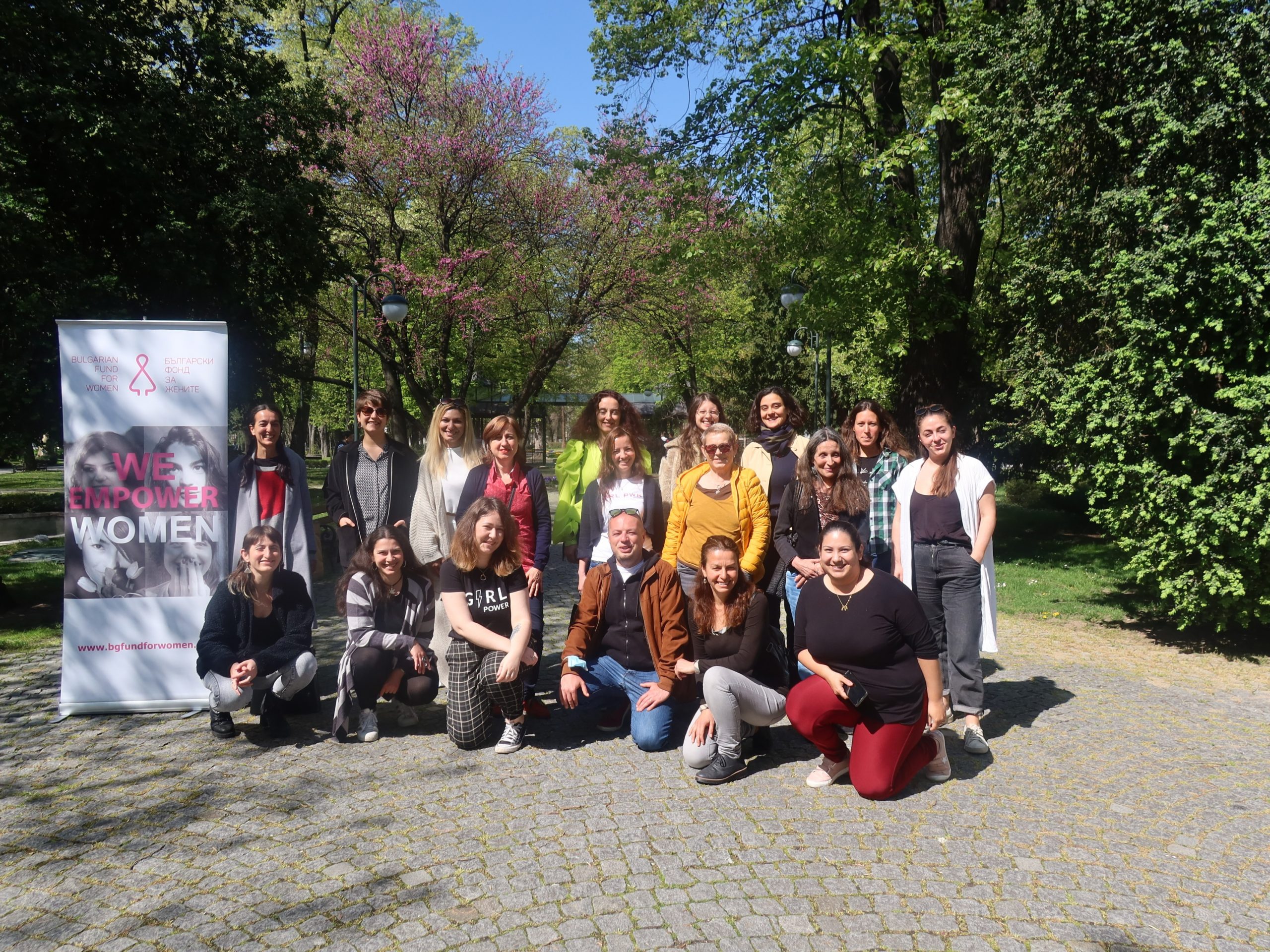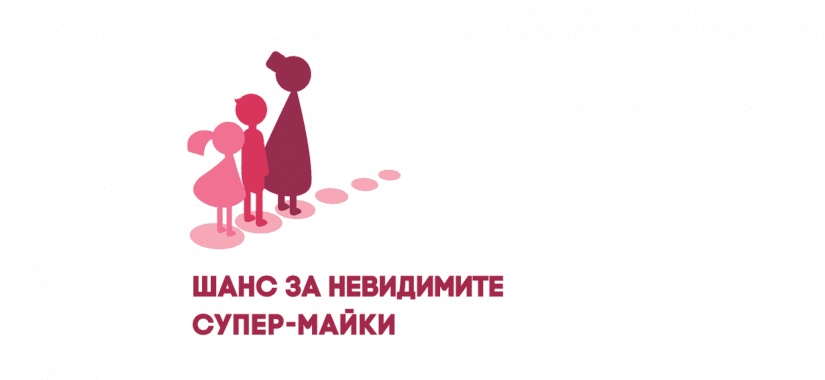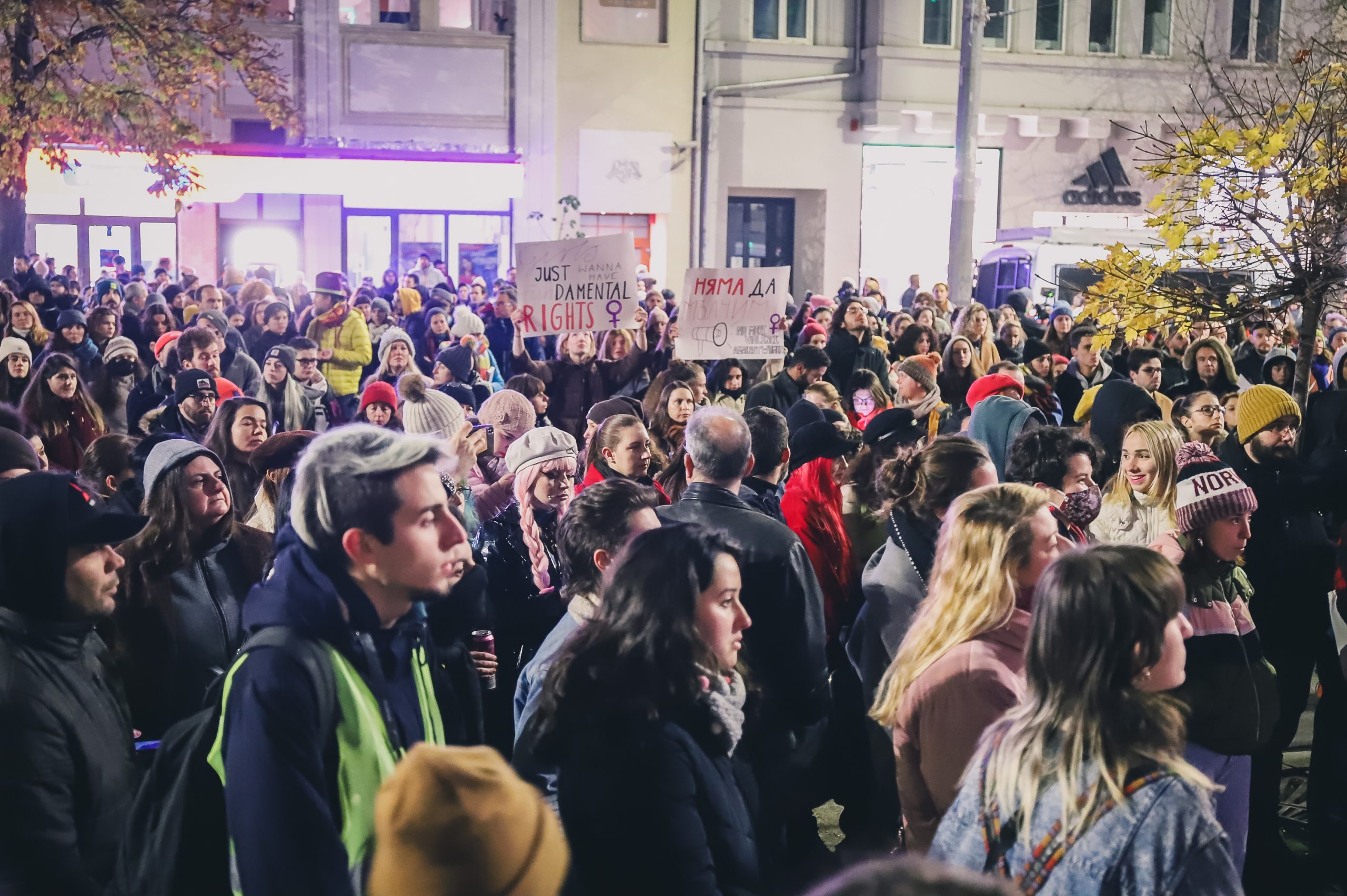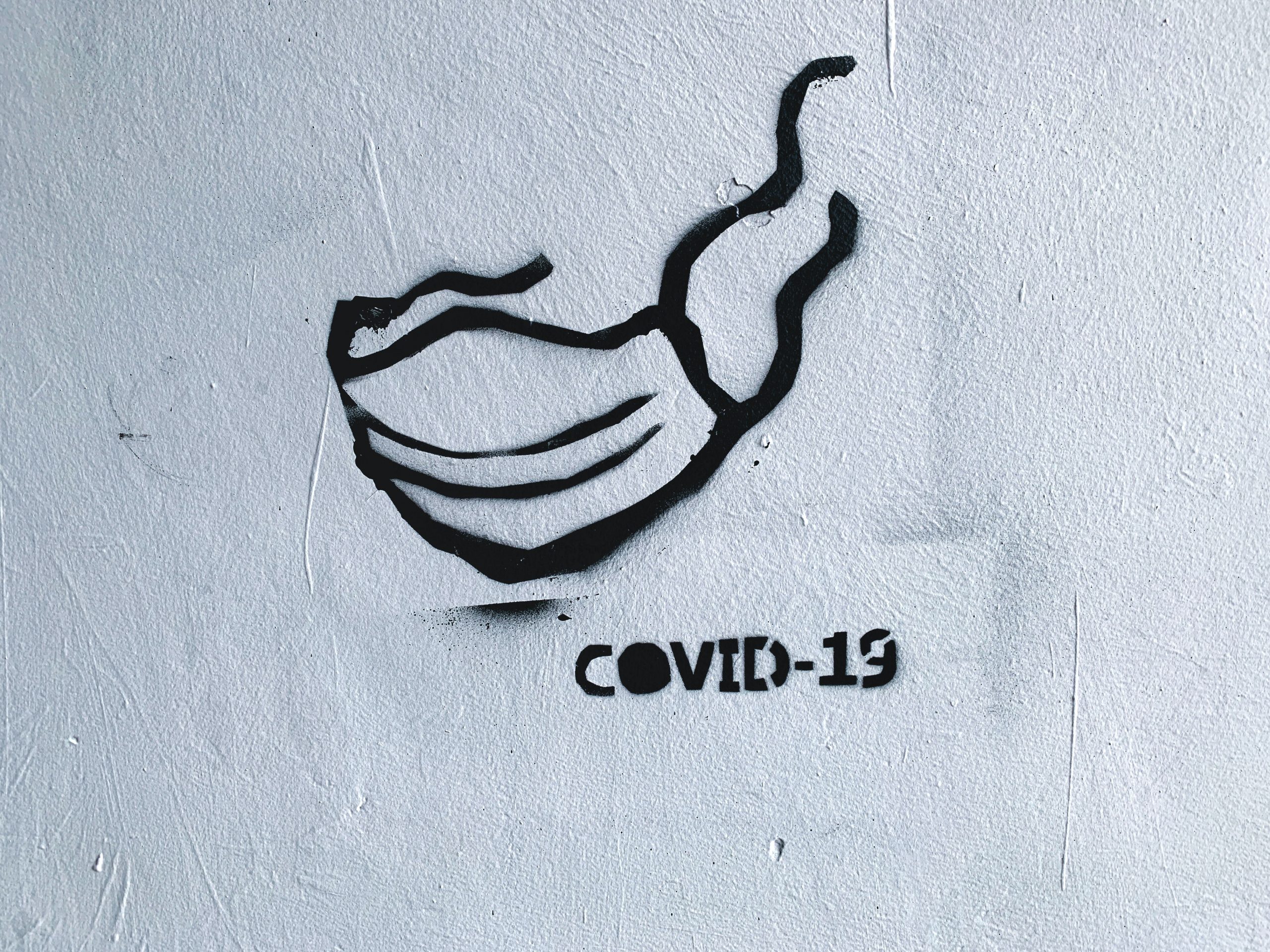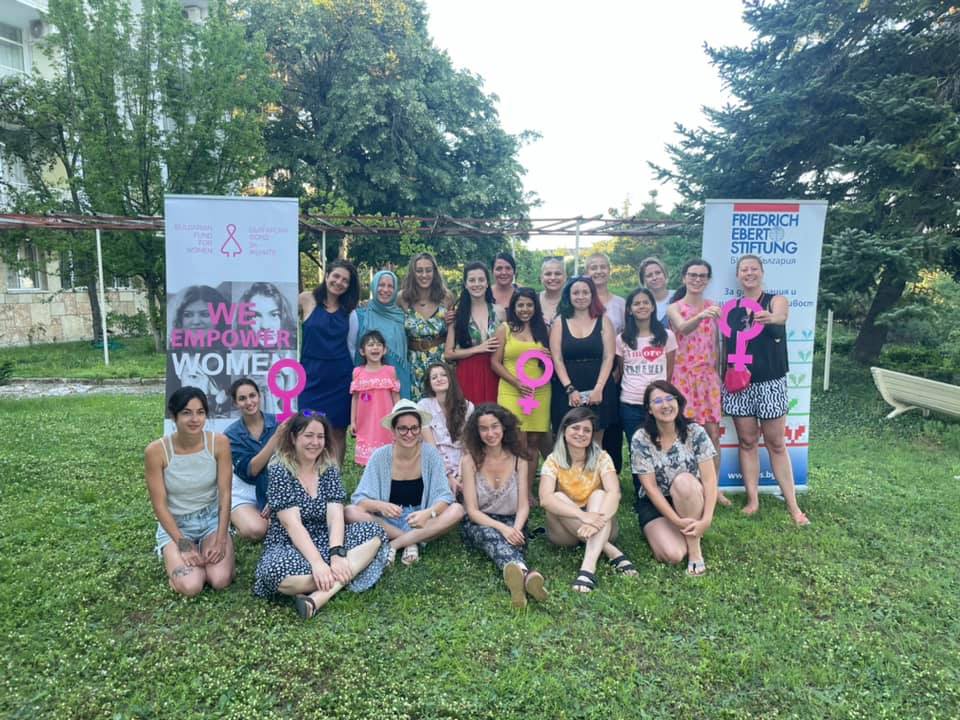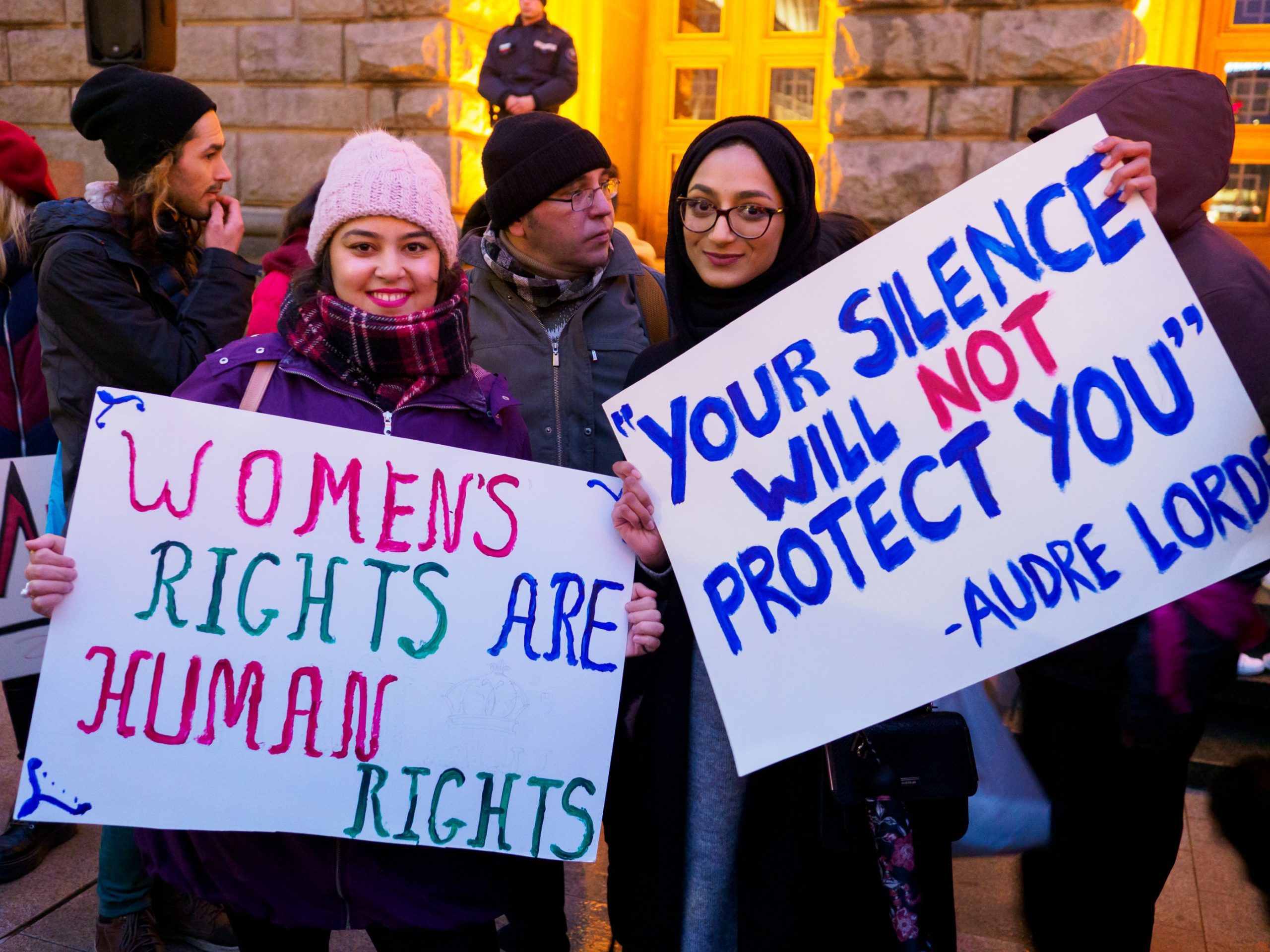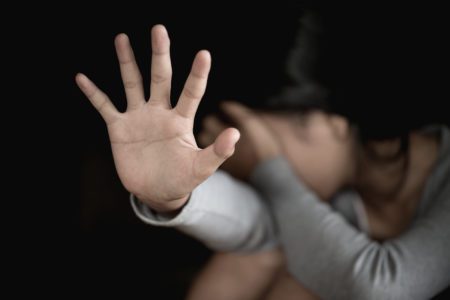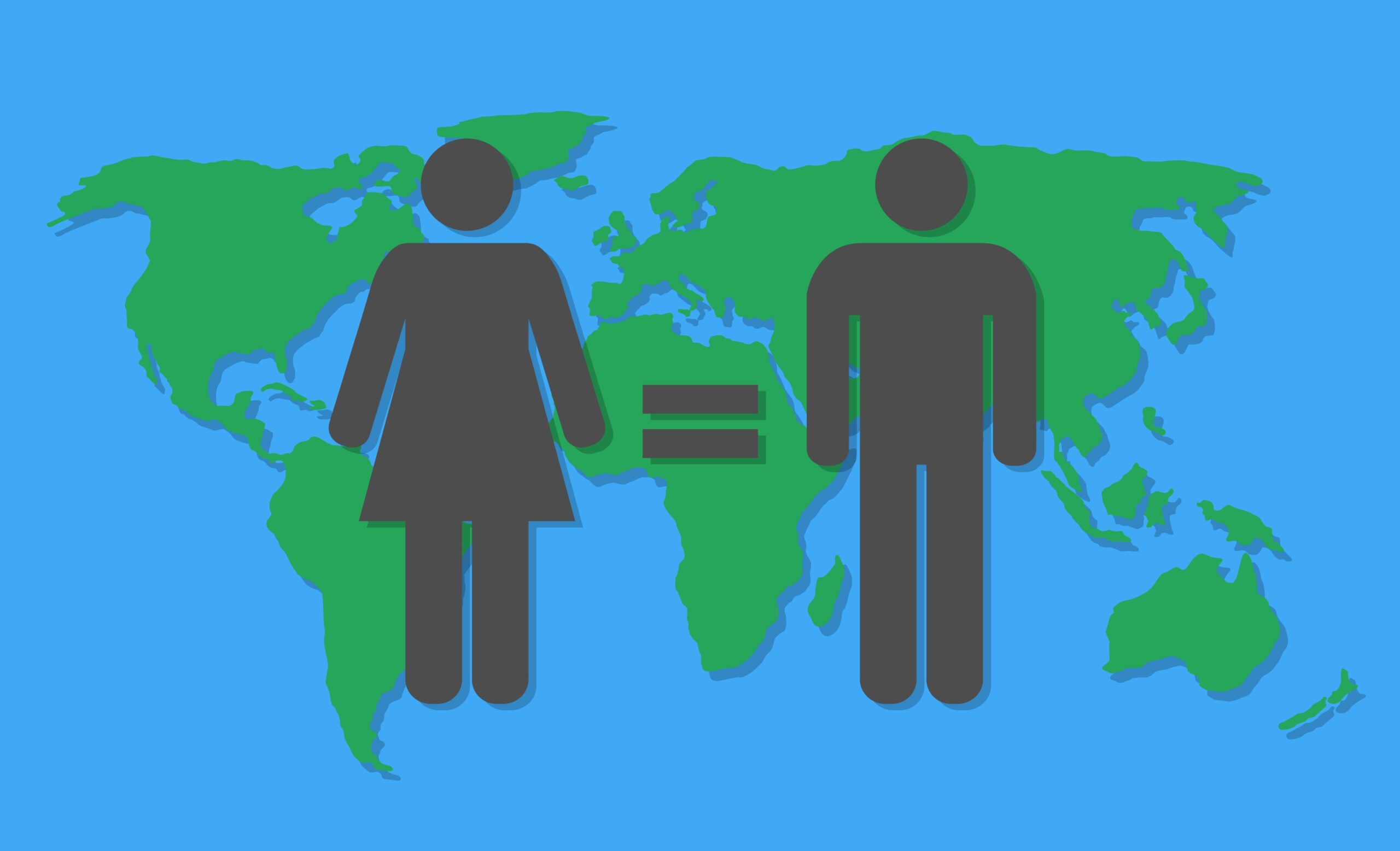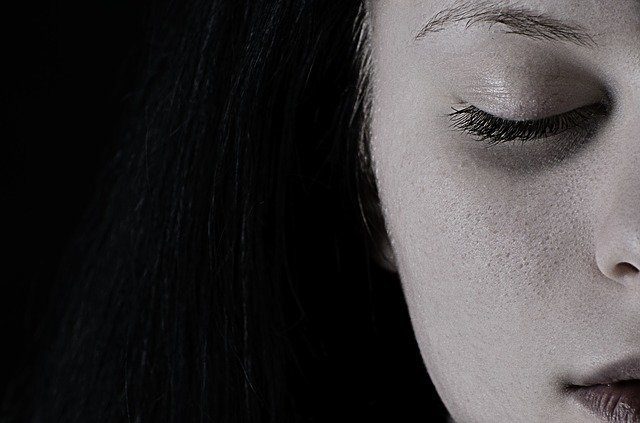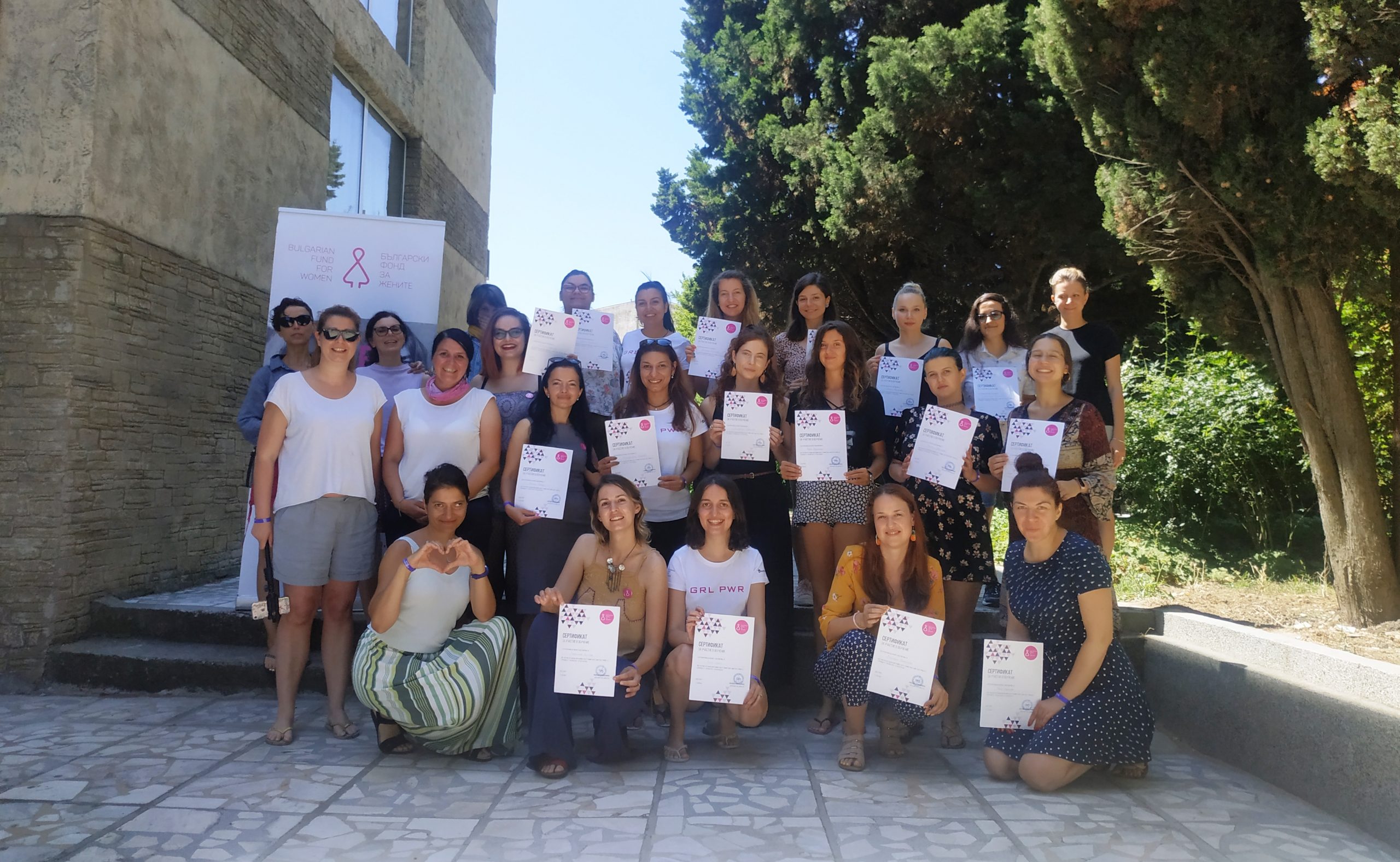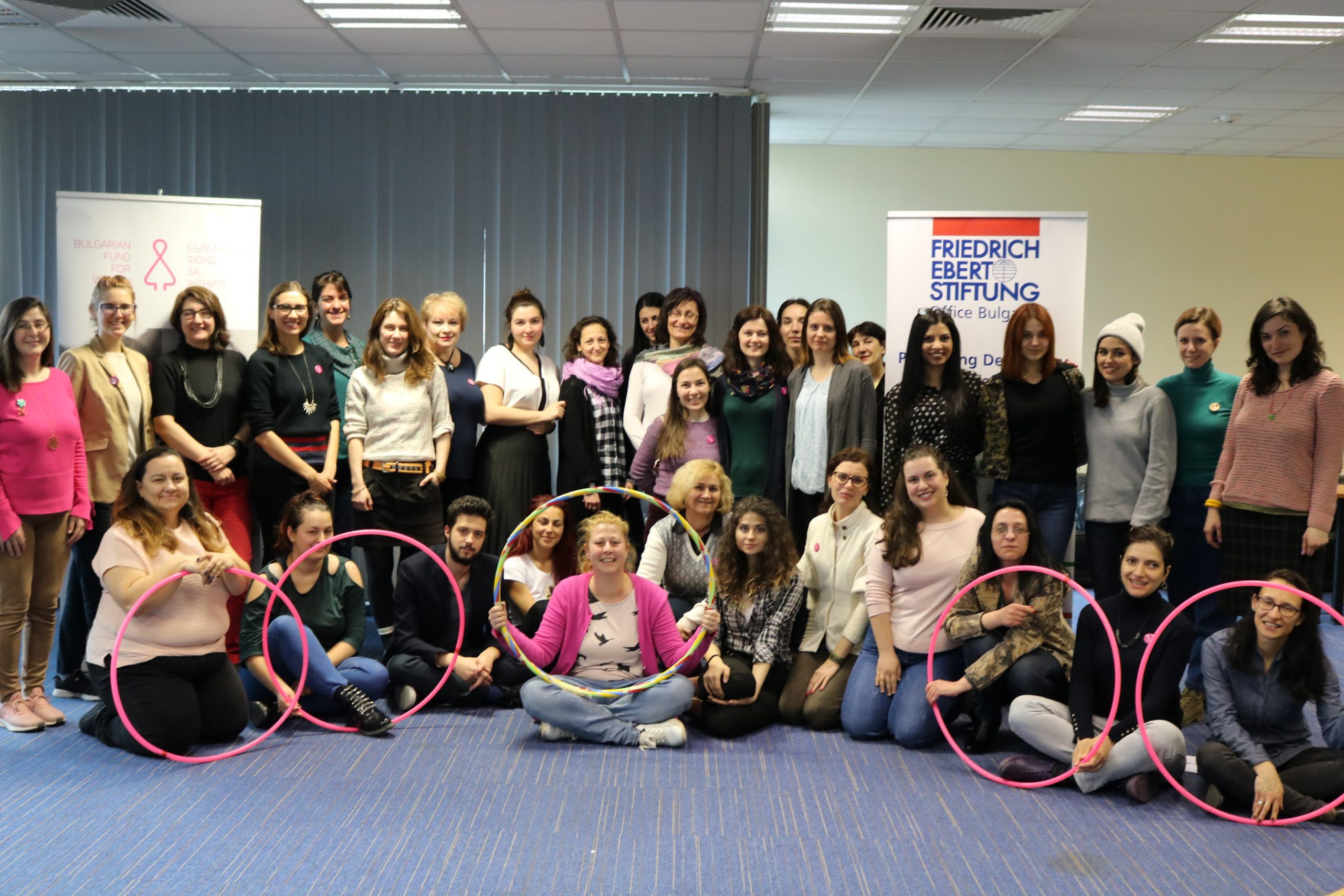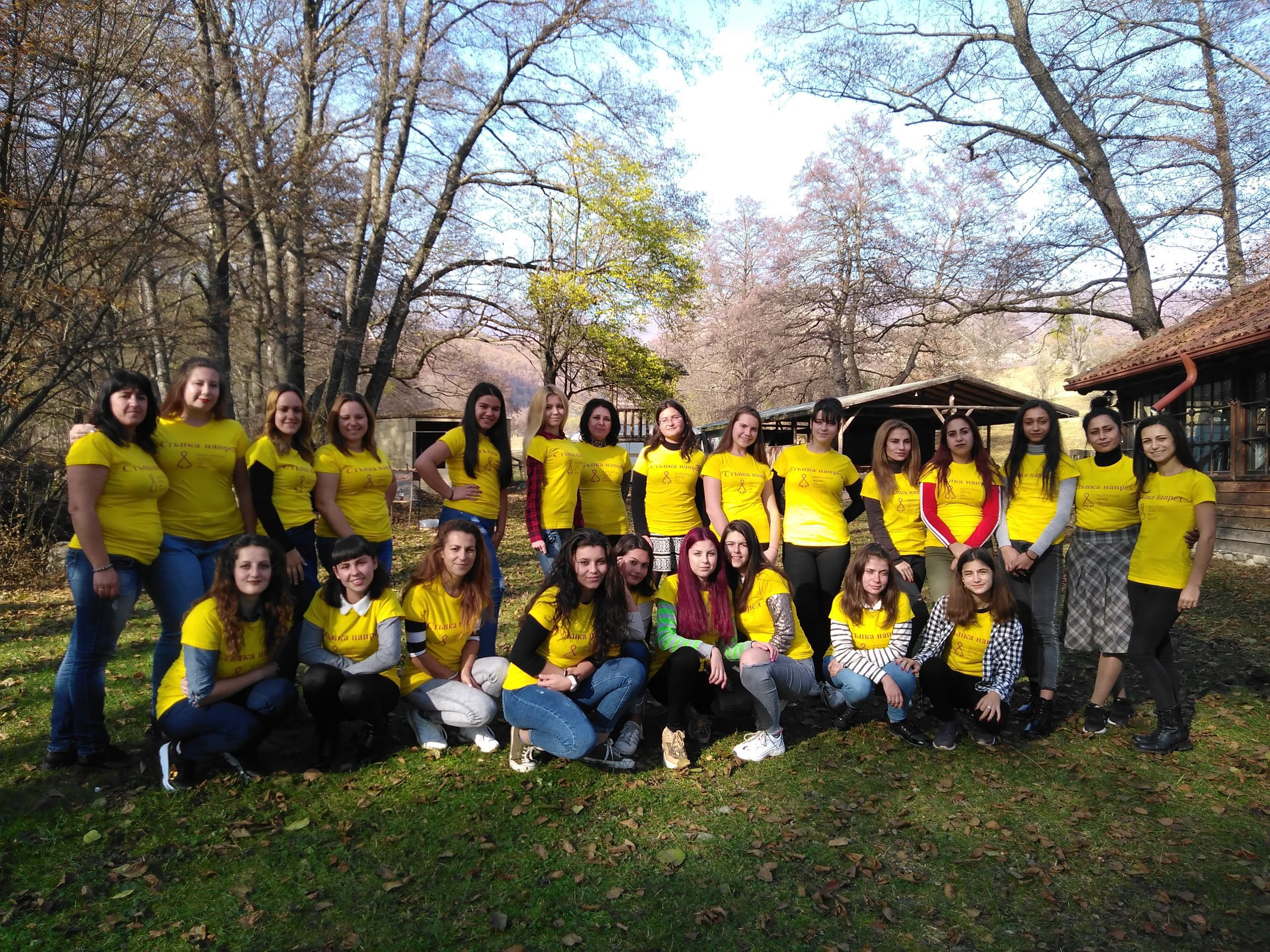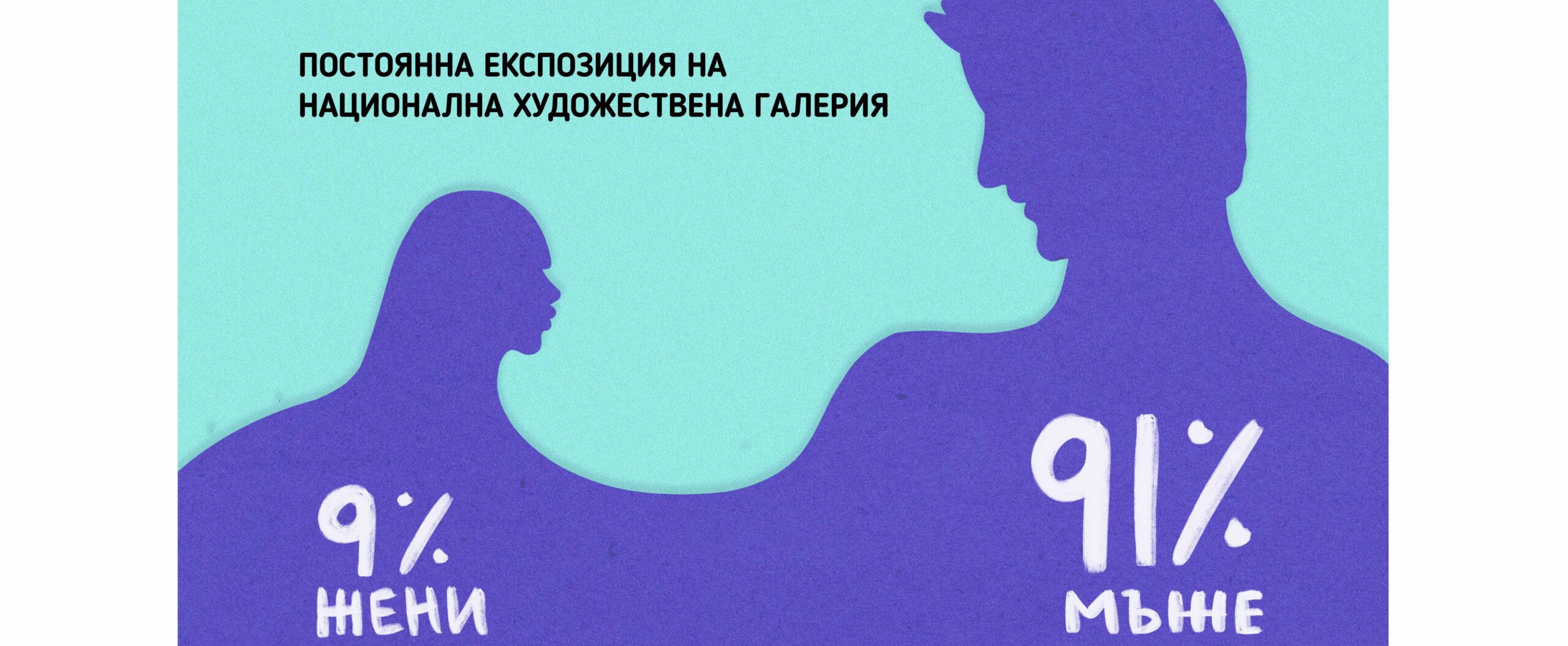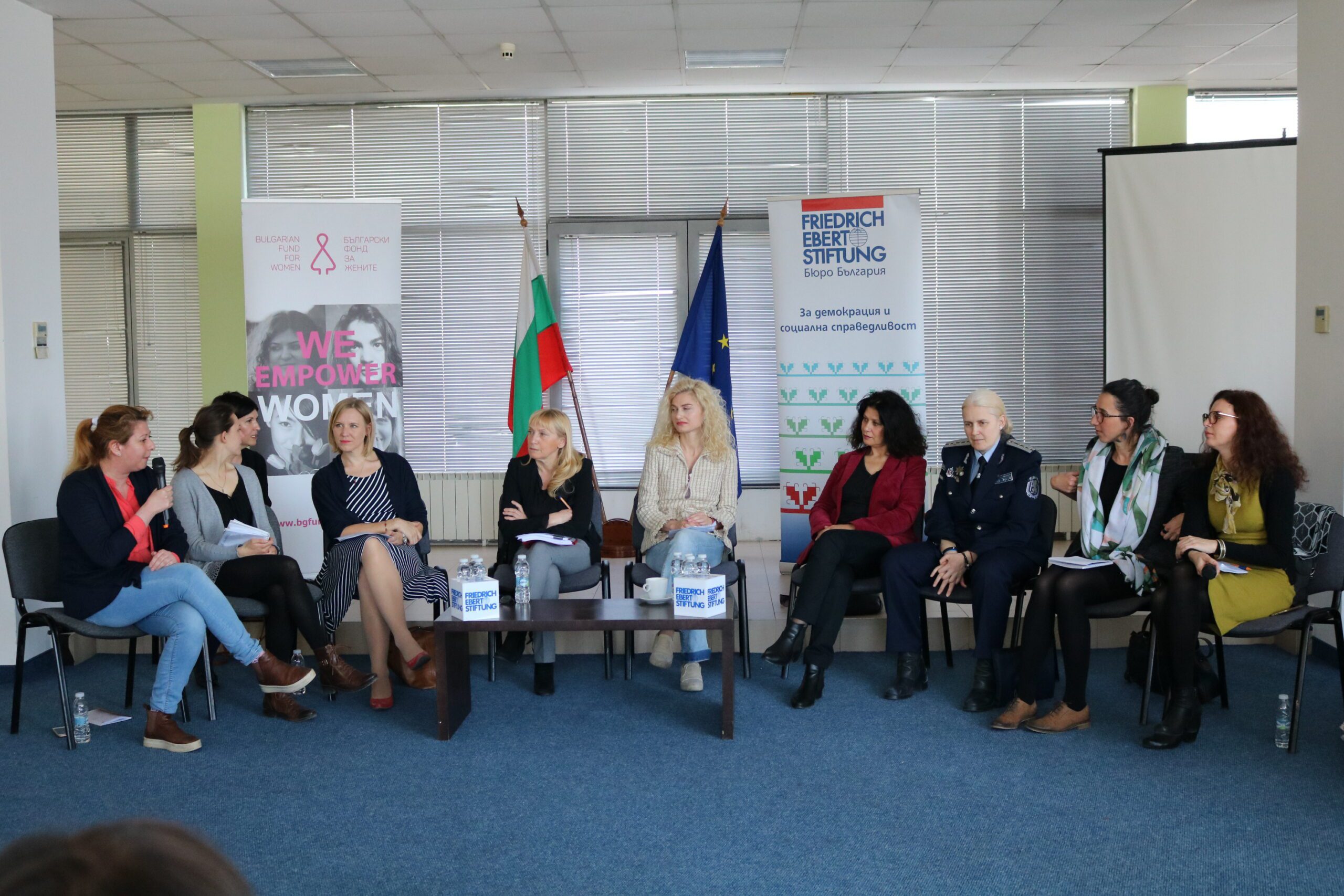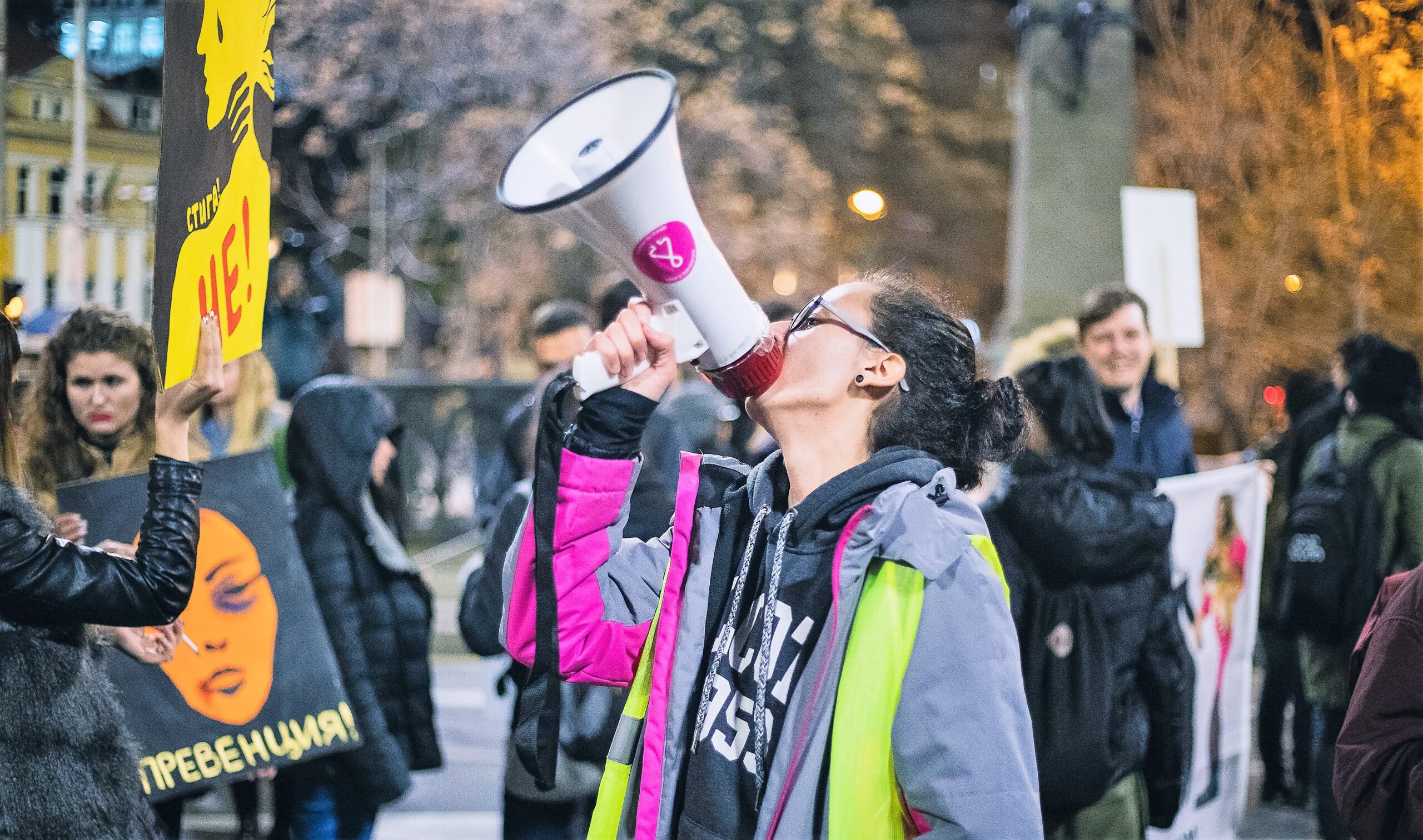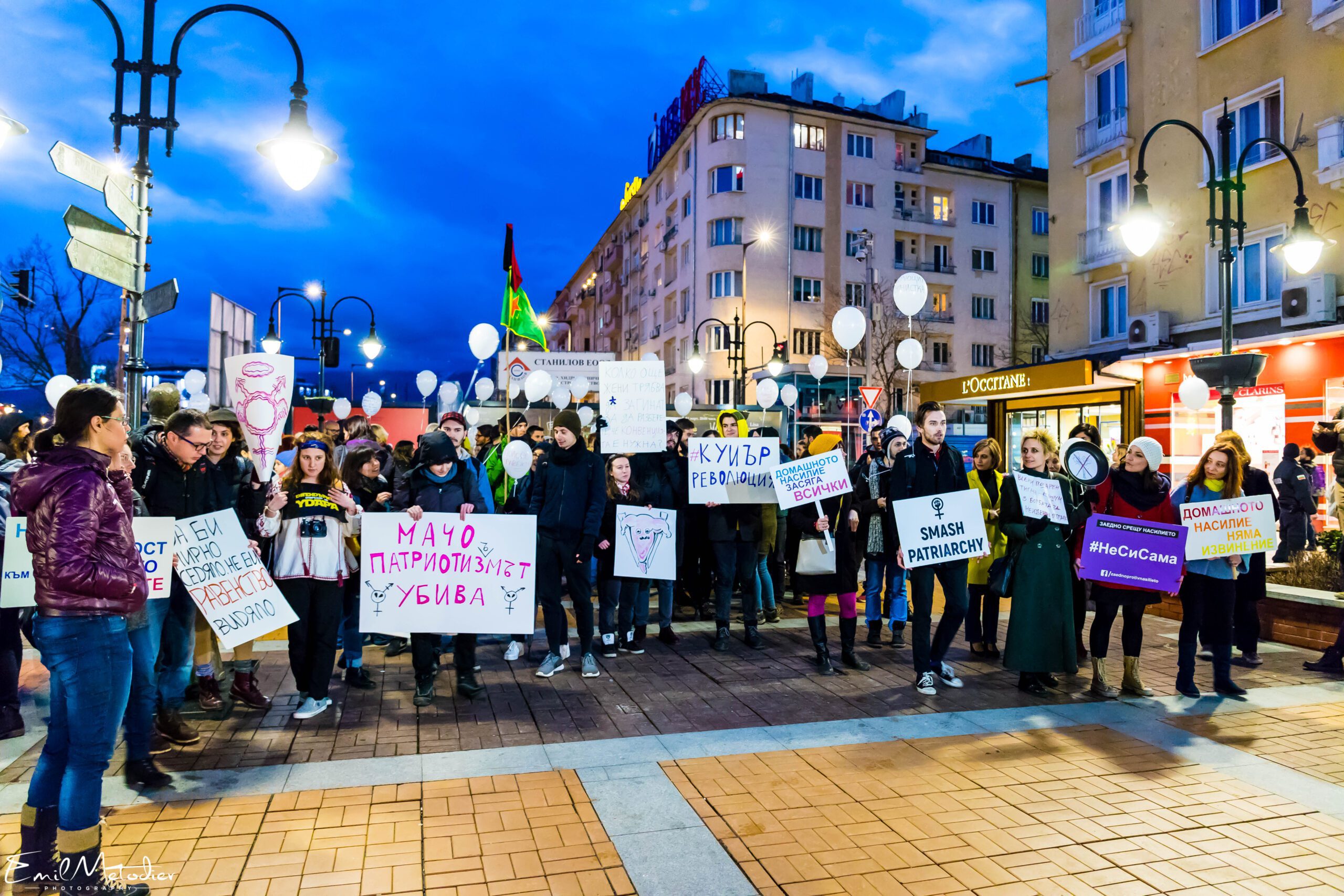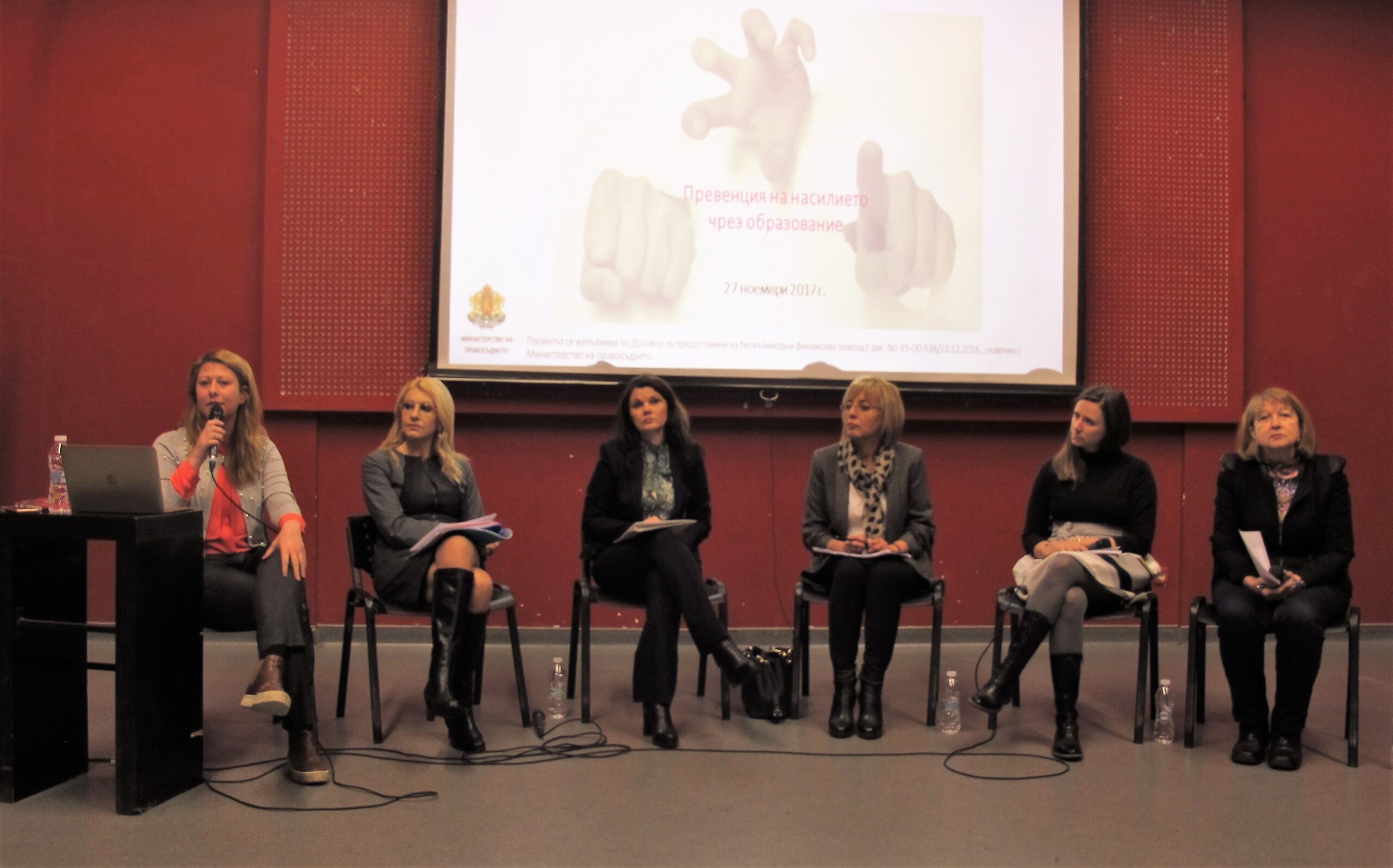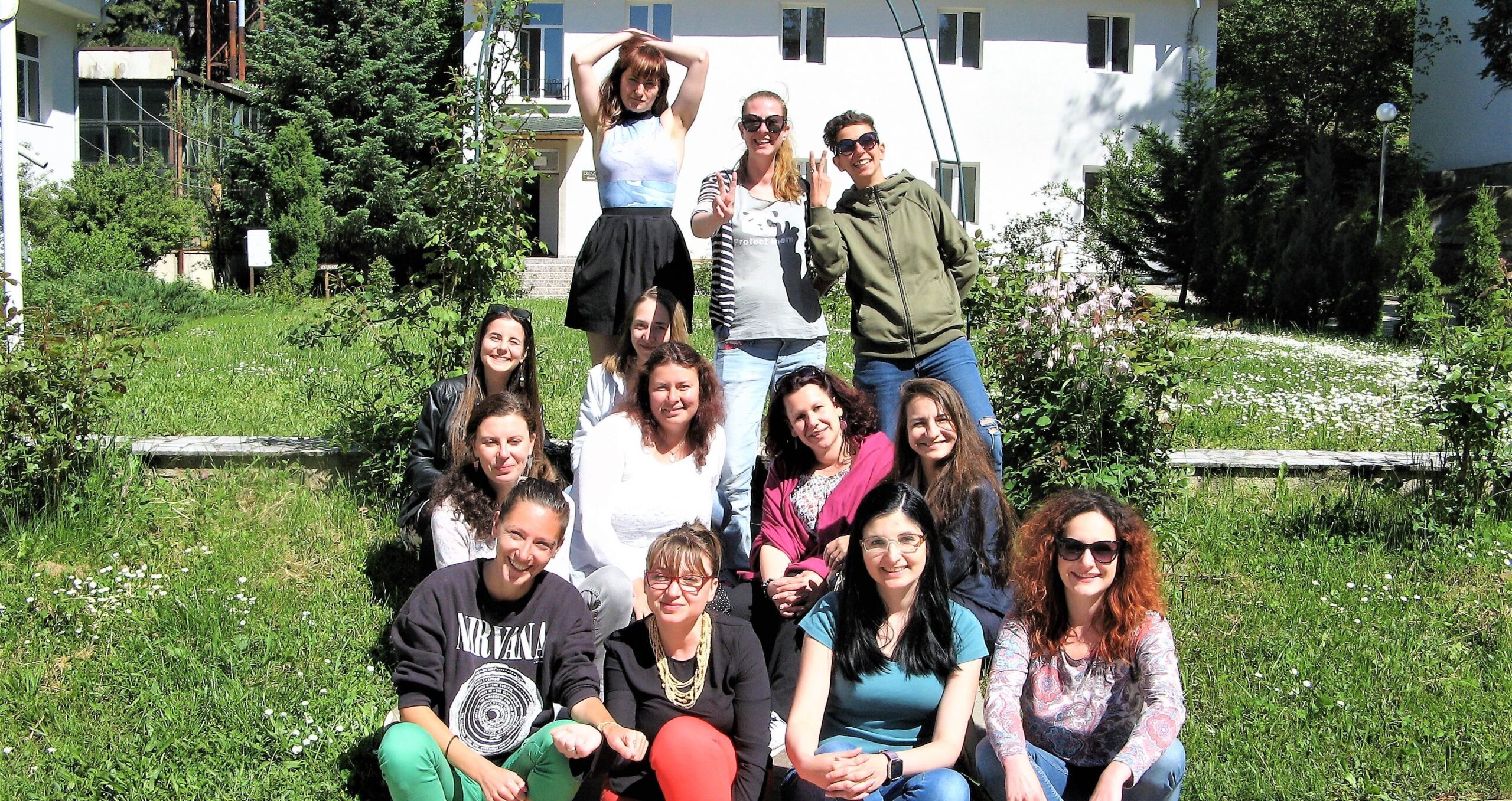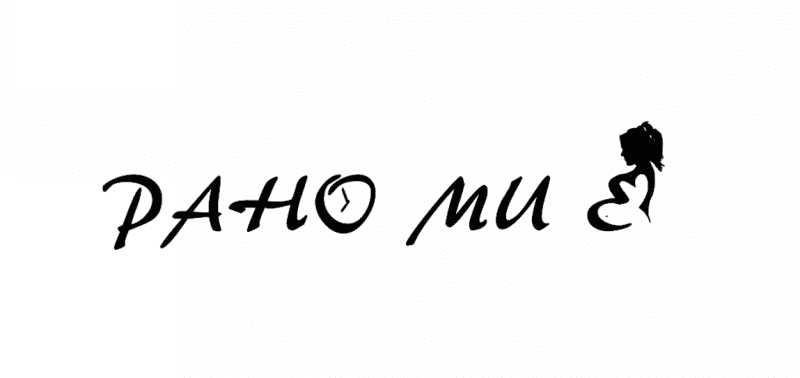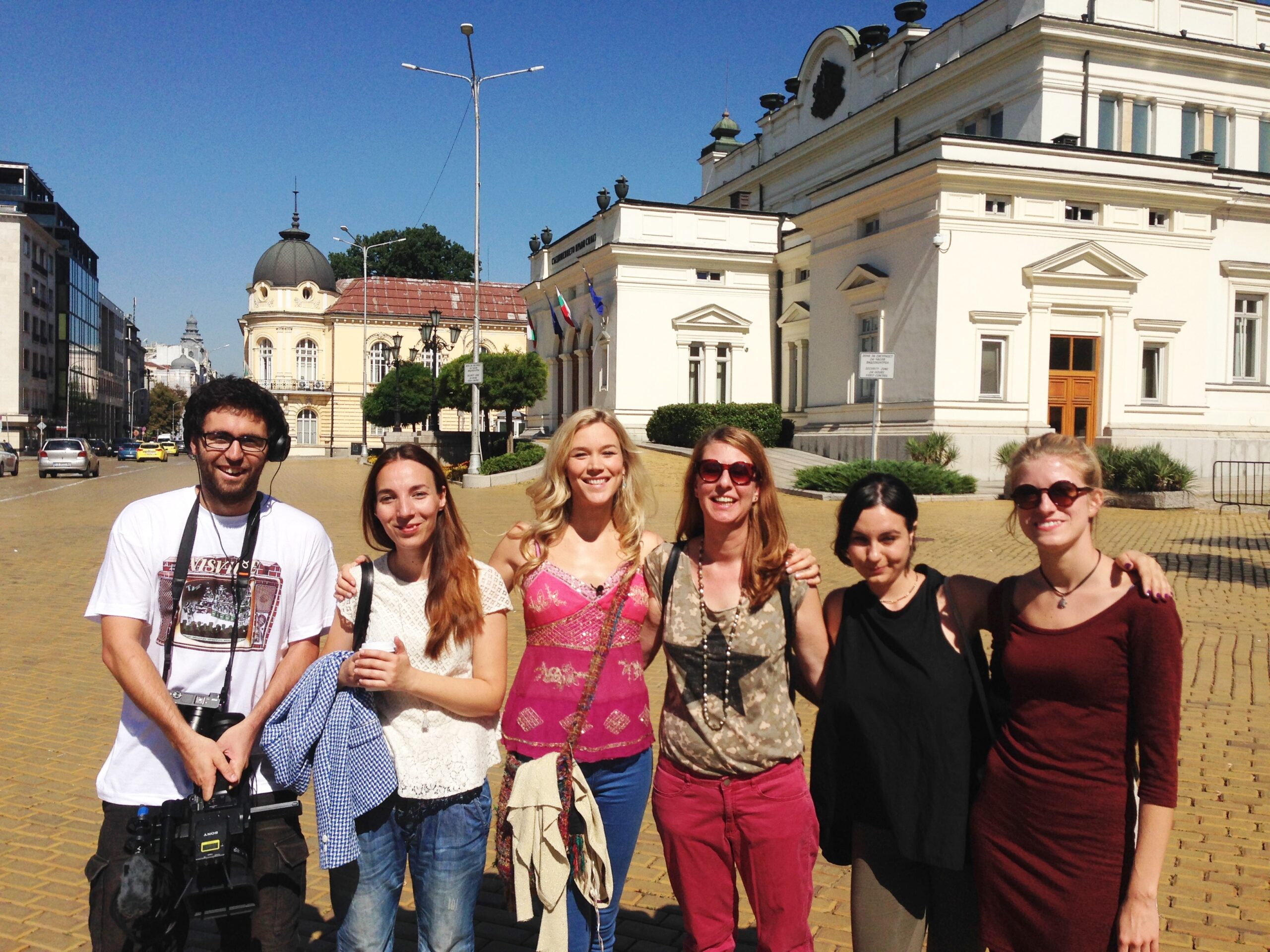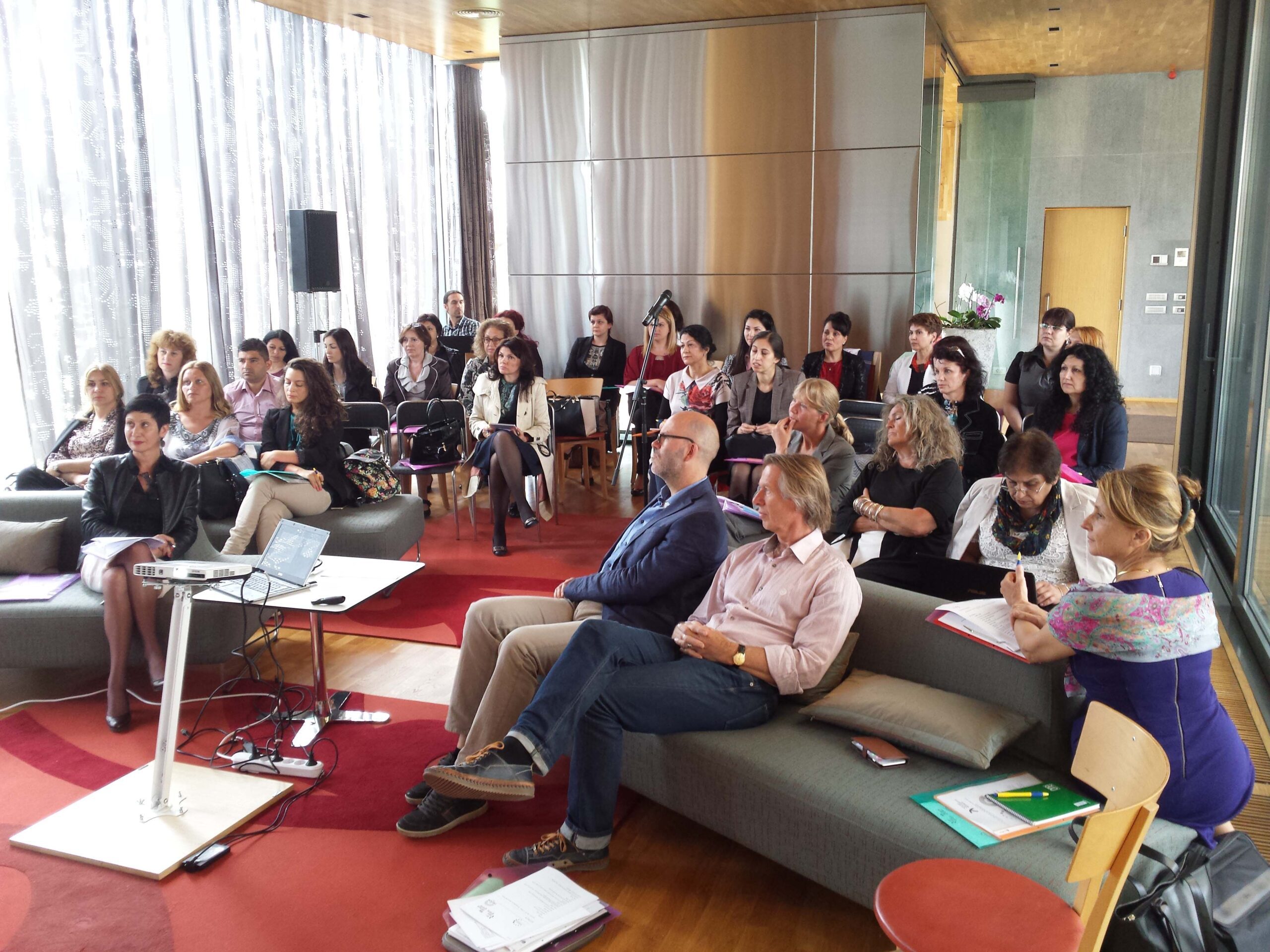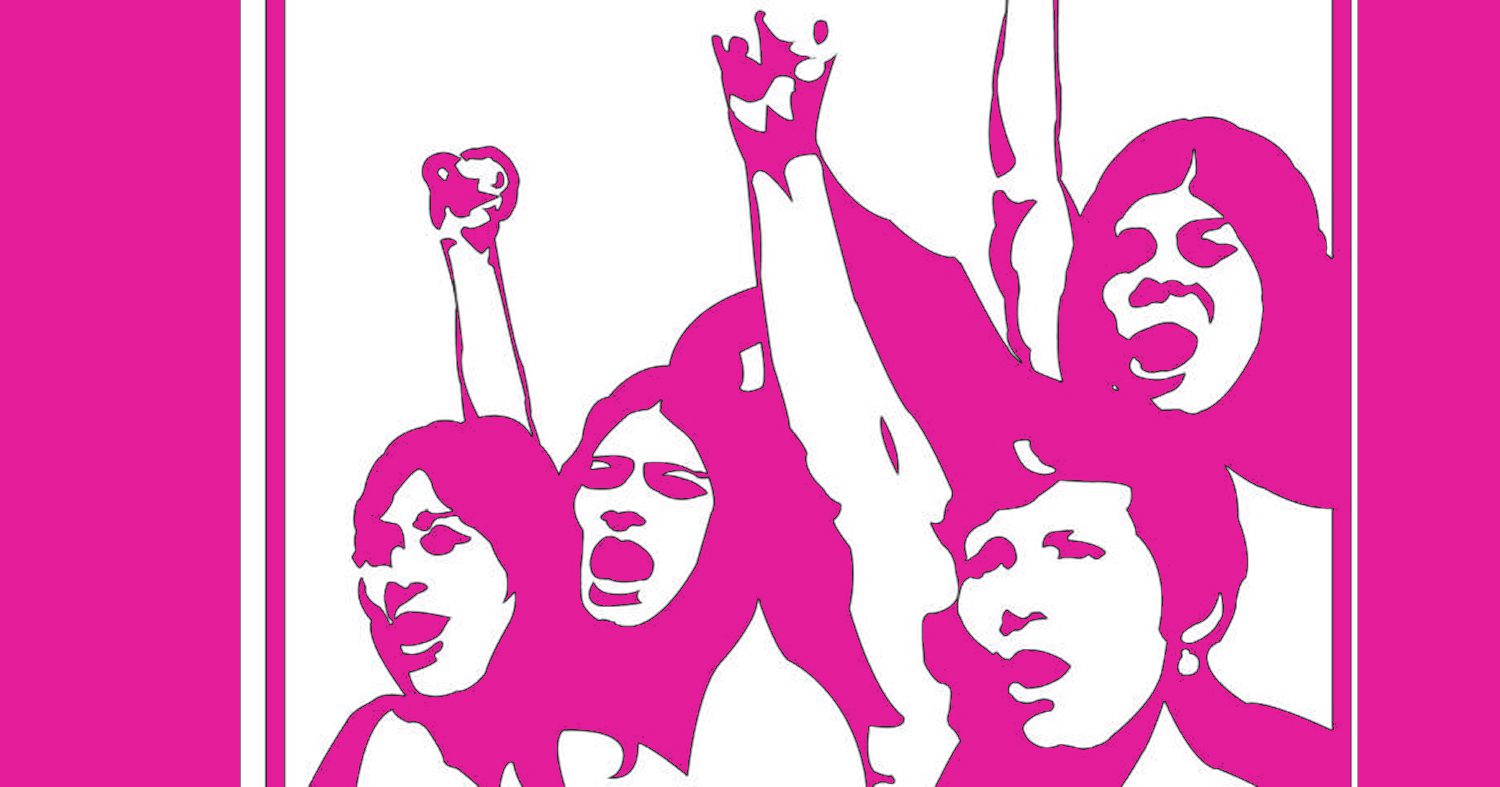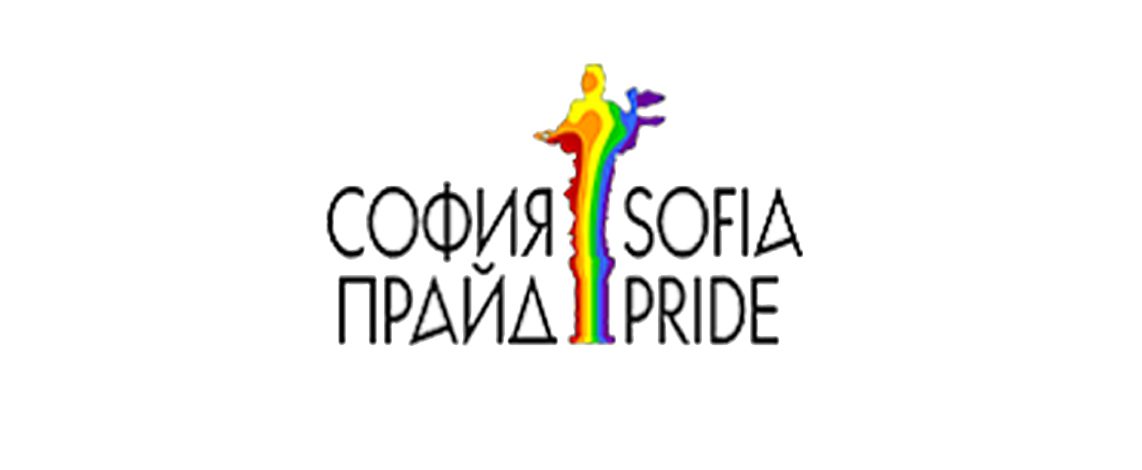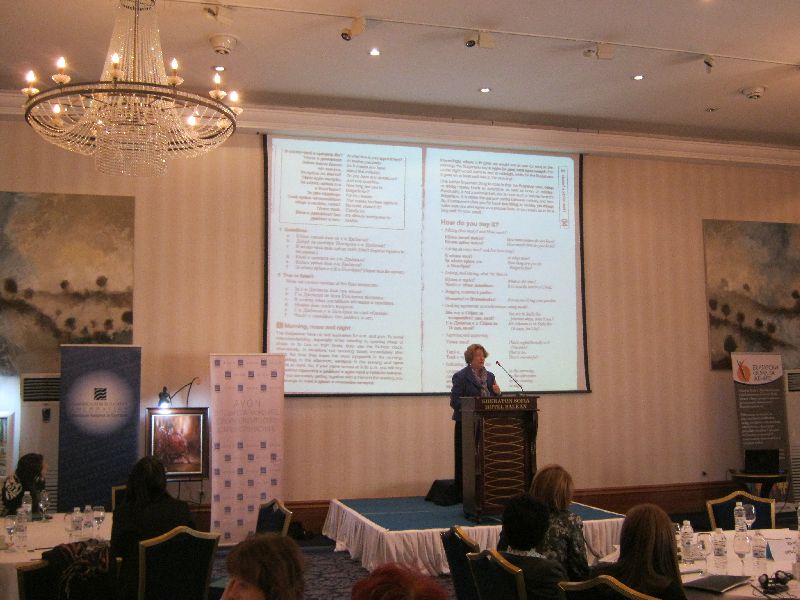Stefka Tsaneva is engaged in curatorial, critical, and educational work in the field of contemporary art. She studied Scandinavian Studies and Media Studies at Humboldt University in Berlin and Comparative Art Studies at New Bulgarian University. She has experience as a cultural manager in various Bulgarian organizations, including the Goethe-Institut Bulgaria, Sariev Contemporary / Open Arts Foundation, and Plovdiv – European Capital of Culture 2019.
What is the significance of the Guerrilla Girls’ work in the context of the Bulgarian artistic scene?
The news of the Guerrilla Girls’ visit to Bulgaria has certainly generated excitement within the art scene. However, I suspect the enthusiasm is less about the themes of their work and more about the arrival of such a well-known name. We still tend to celebrate high-profile international appearances but often struggle to relate their content to our own context. The topic of women in Bulgarian art is not new, yet public debate and collective self-reflection remain limited. In this sense, the Guerrilla Girls’ work has the potential to awaken us—to challenge our complacency and to question institutional structures and often-invisible power dynamics.
If you could include one work of Bulgarian art in a conversation with the work of the Guerrilla Girls, what would it be and why?
Ivan Mudov’s MUSIZ (2005). His fictional project envisions a museum of contemporary art that does not yet exist in Bulgaria. Pairing it with the Guerrilla Girls’ work opens up a vital conversation about what such a museum’s collection might look like—and more importantly, who would be represented in it.
Why is art created by women and other marginalized communities important for society and artistic circles? Has the access of these groups to the Bulgarian scene changed, and in what way?
Art has a unique capacity to connect us with the “other”—to foster understanding and empathy, while also prompting us to reflect on our own position in the world. In this way, the inclusion of diverse voices is not just beneficial; it is essential to the very function of art. In Bulgaria, however, many typical structures—such as public collections and institutions—are underdeveloped or absent. This means the struggle isn’t always about access but about recognition and validation. Women in art often face challenges related to visibility, while other marginalized groups remain largely excluded from the conversation altogether.
The Art of Behaving Badly continues until June 8, 2025, at the National Gallery / Kvadrat 500. The exhibition is part of the multi-year project of the Bulgarian Fund for Women, titled “Fund for Artistic Projects by Women Artists.”
